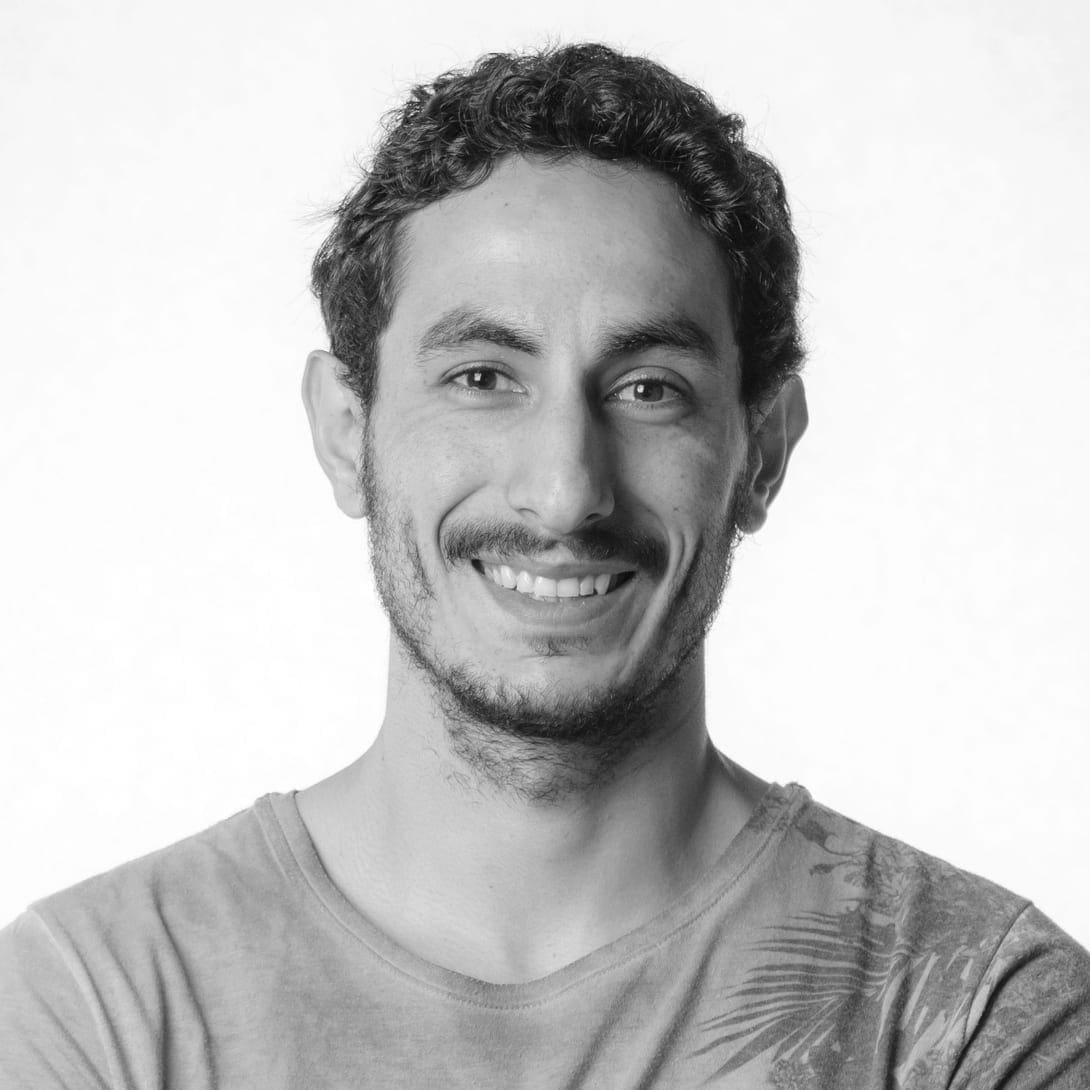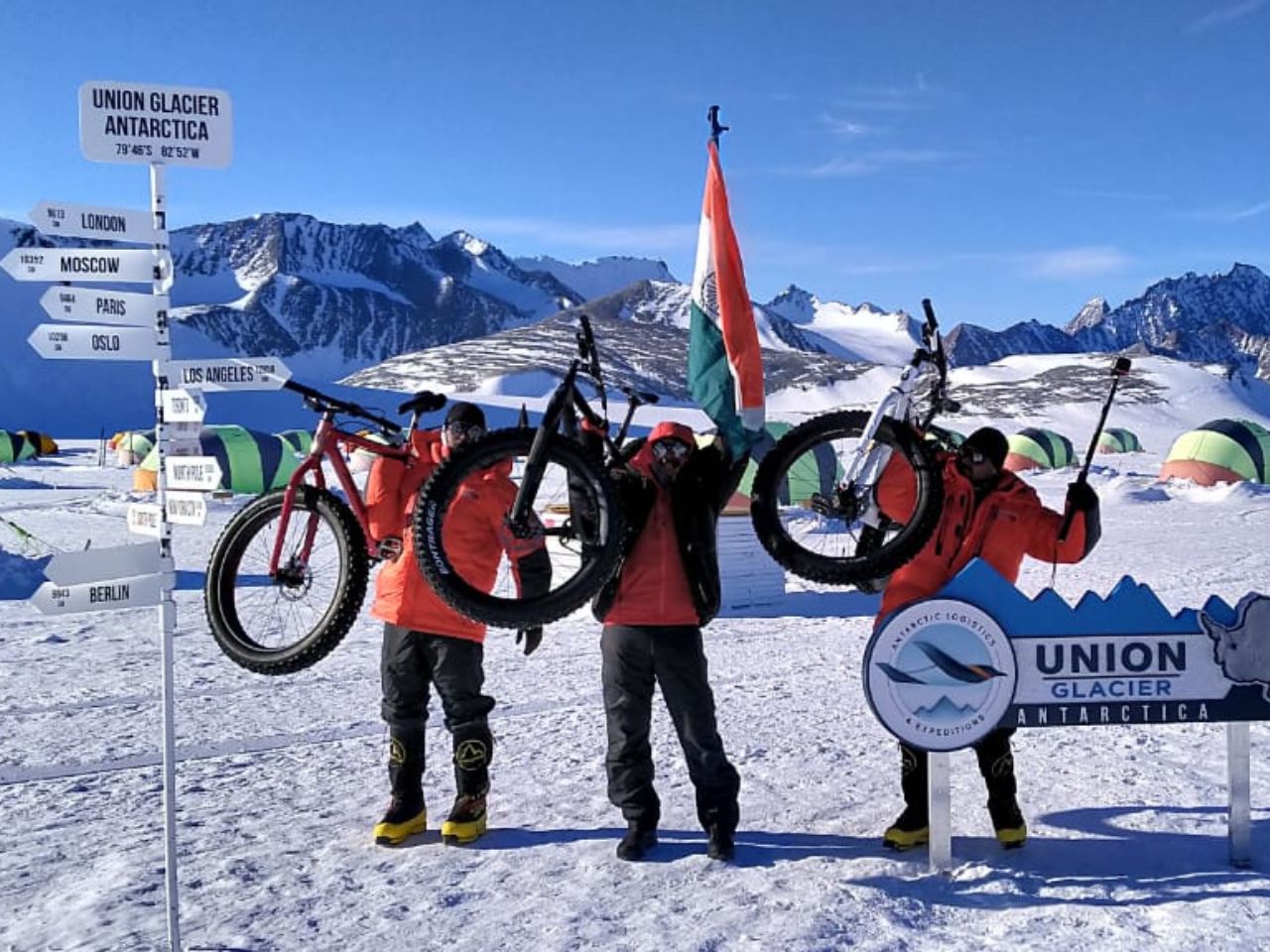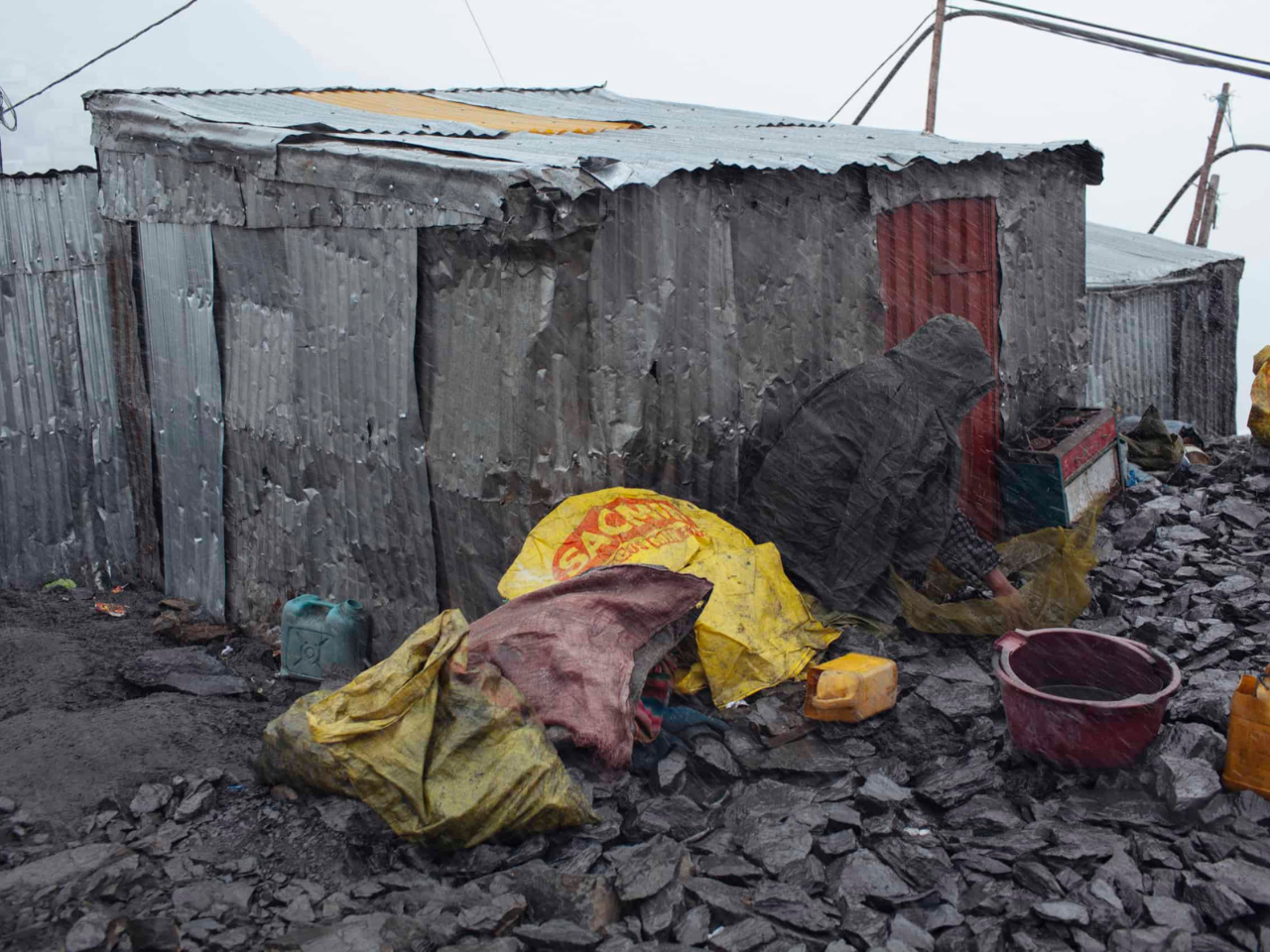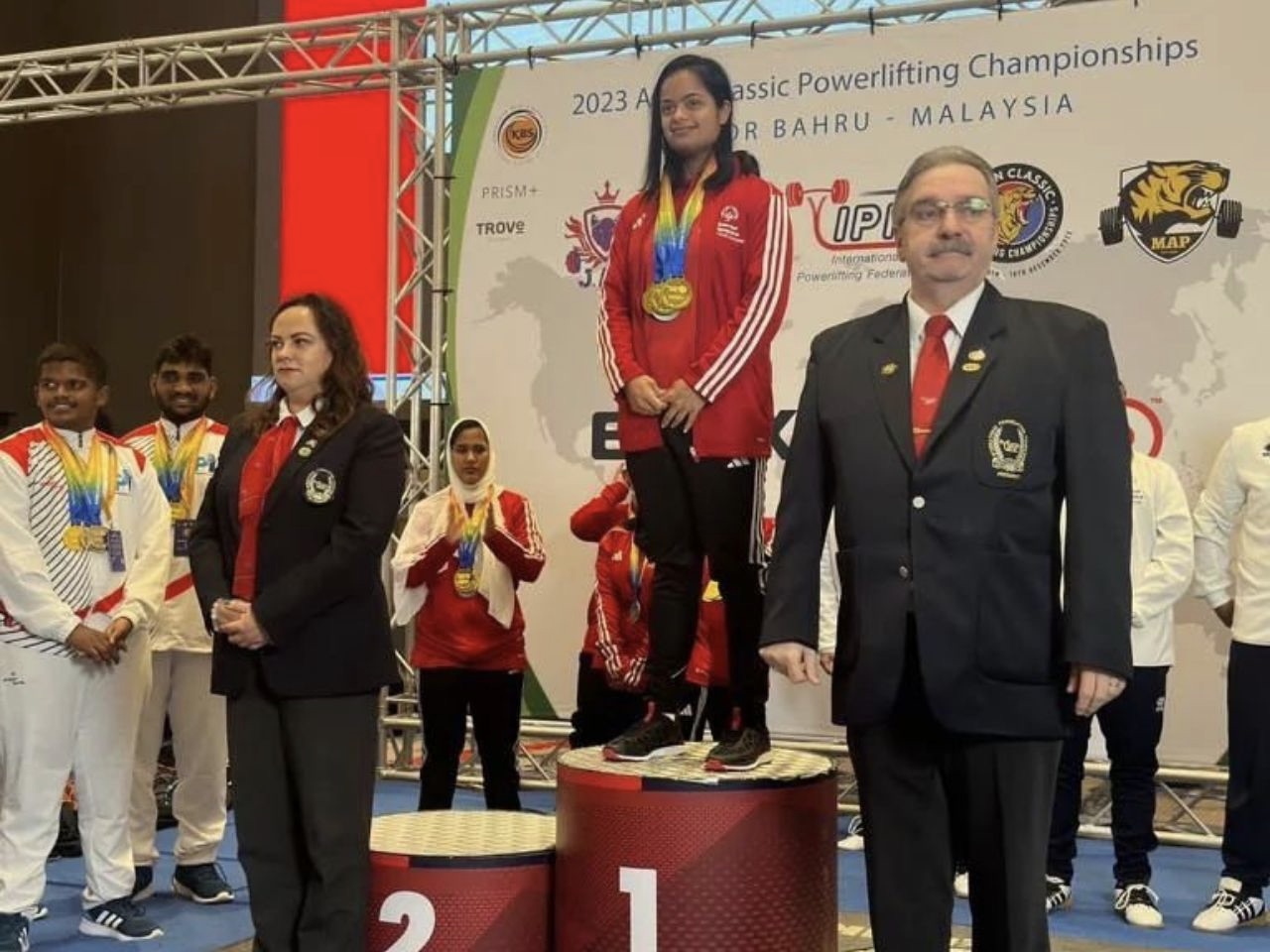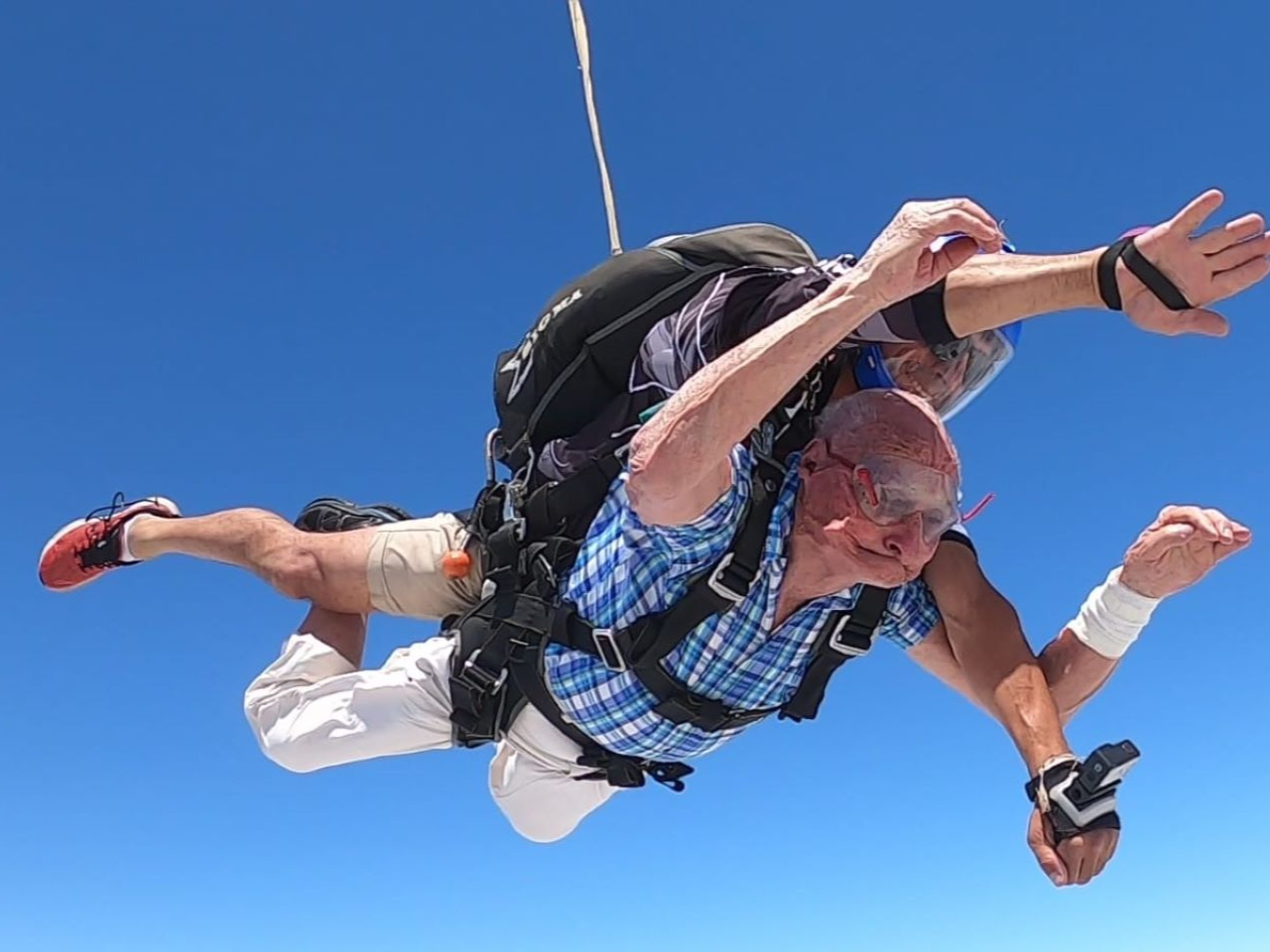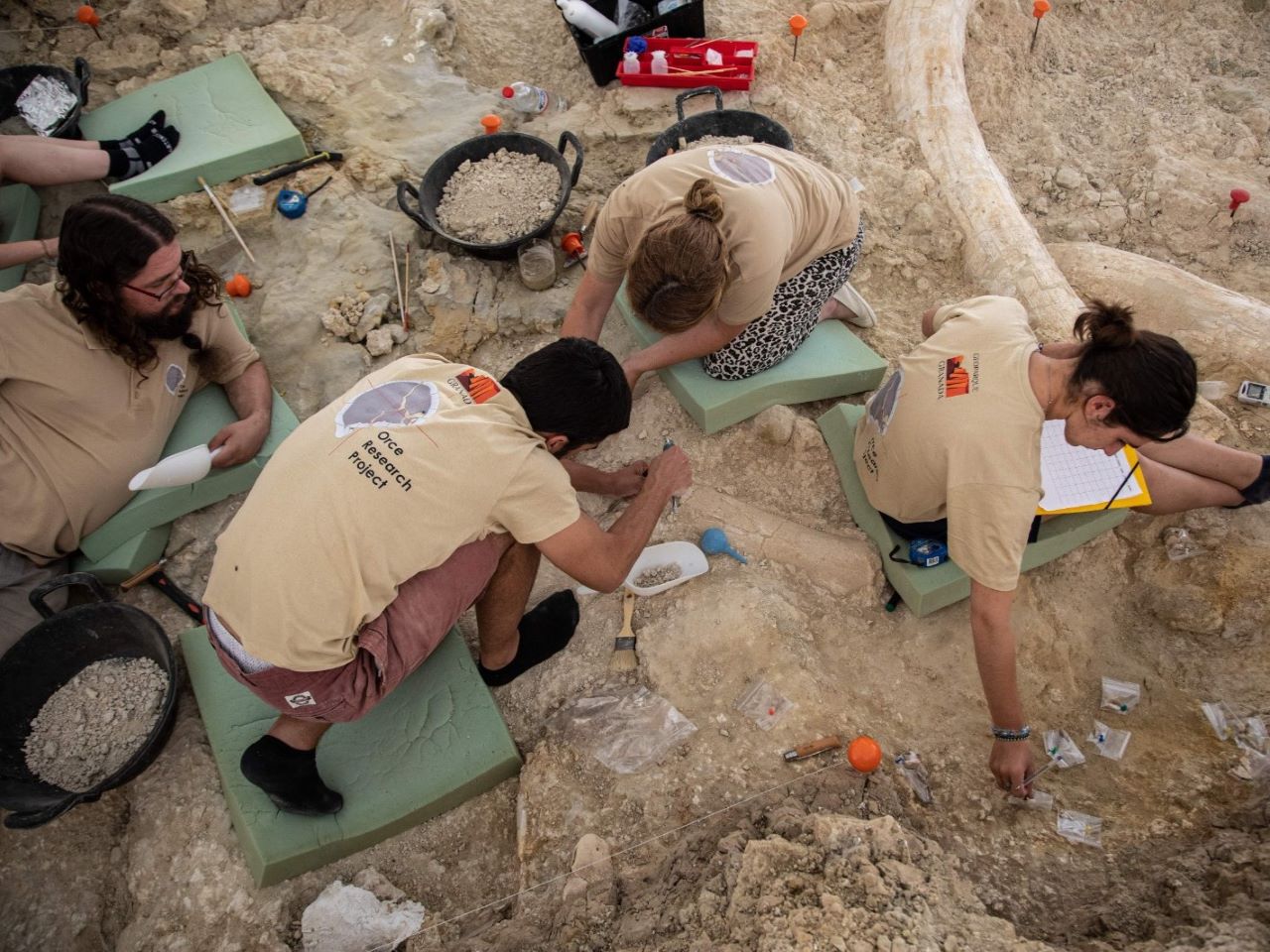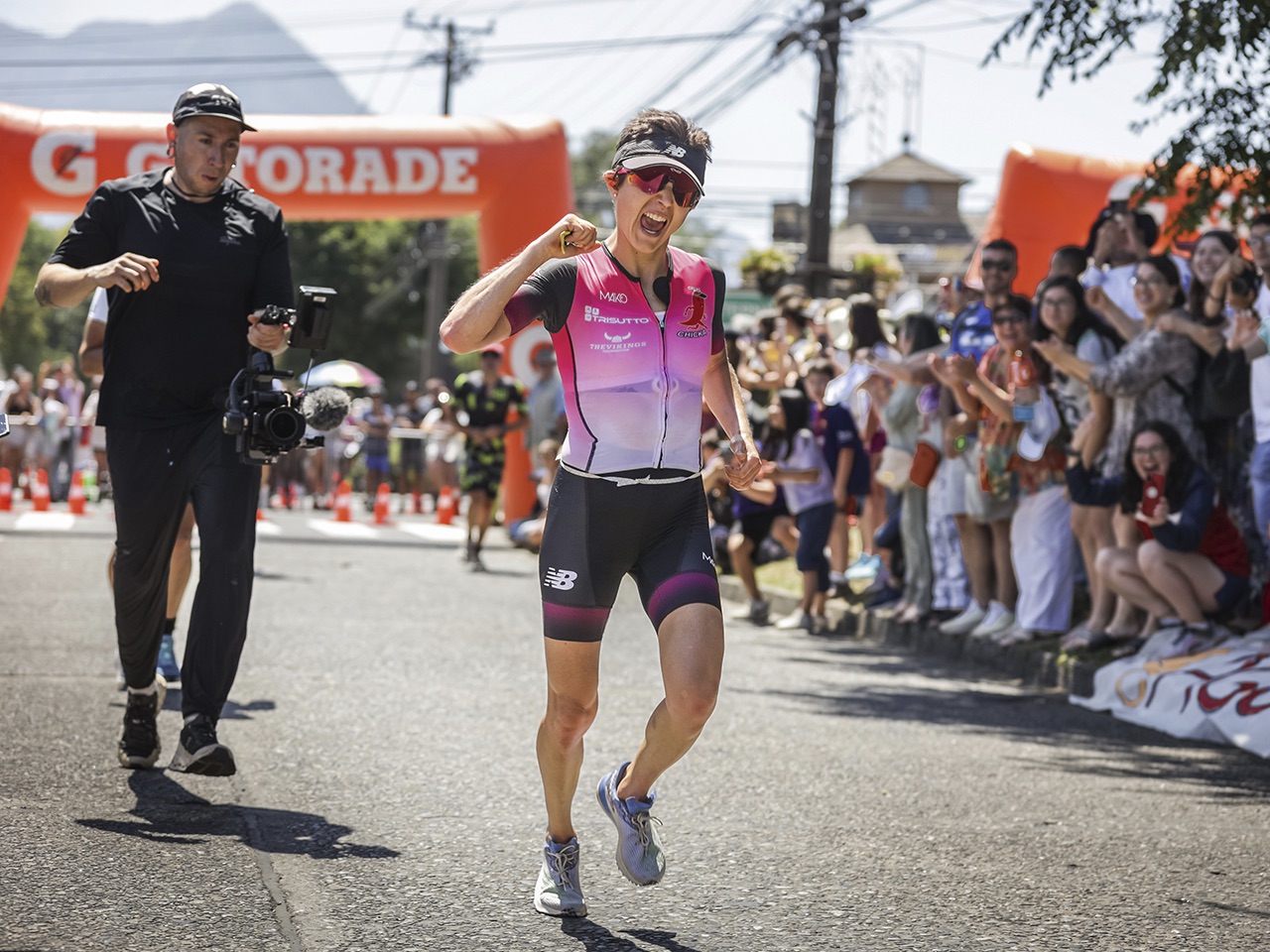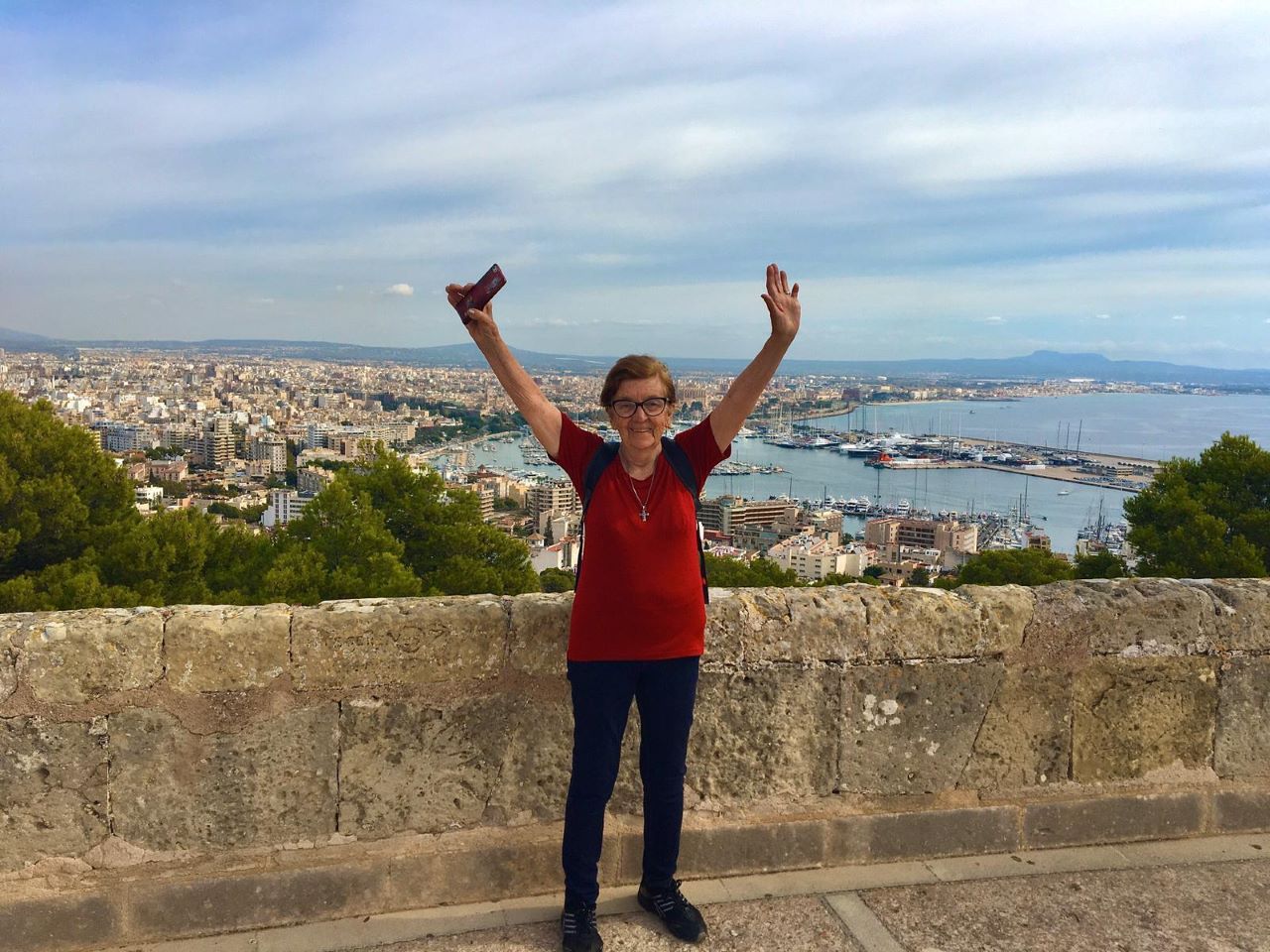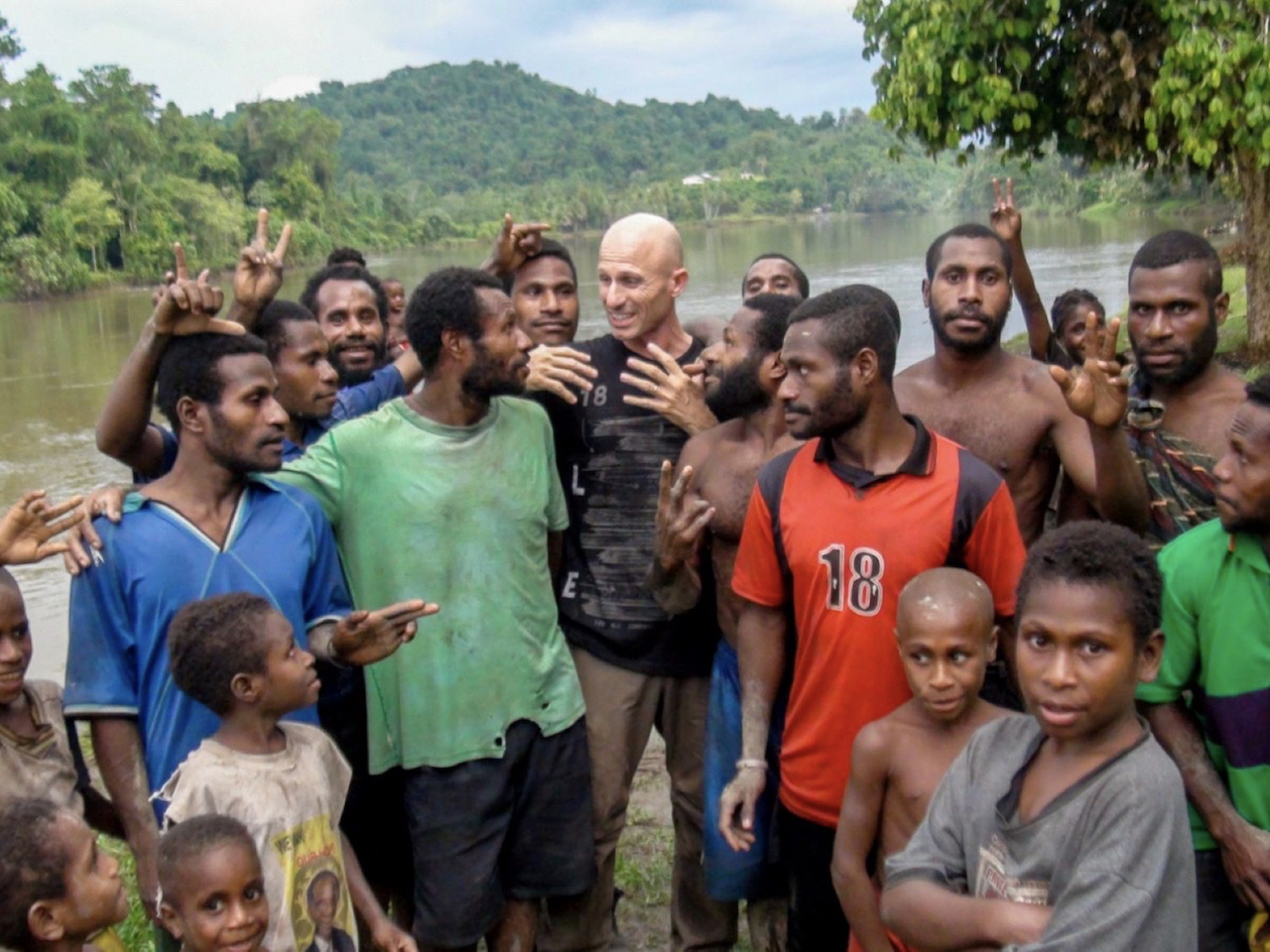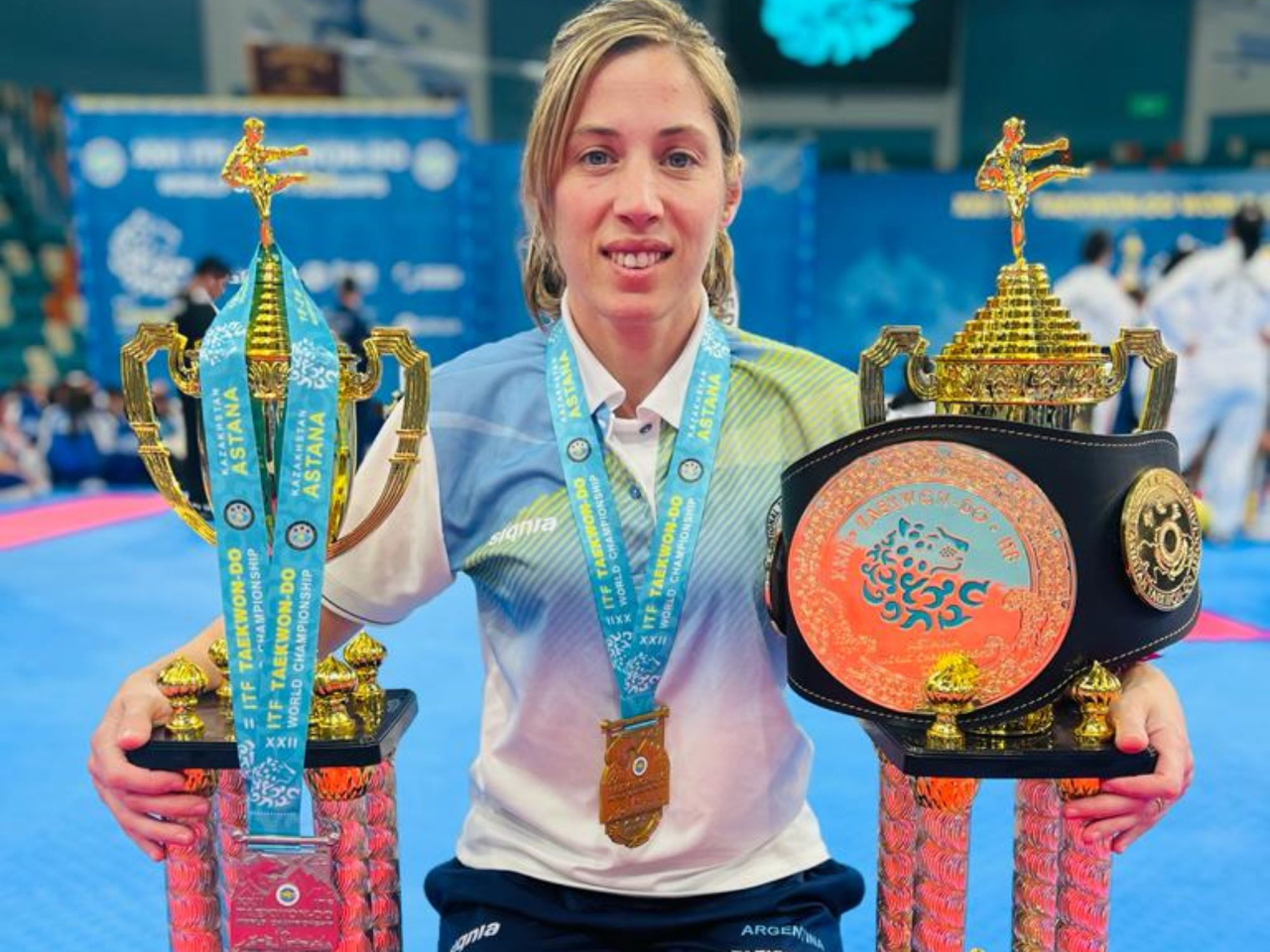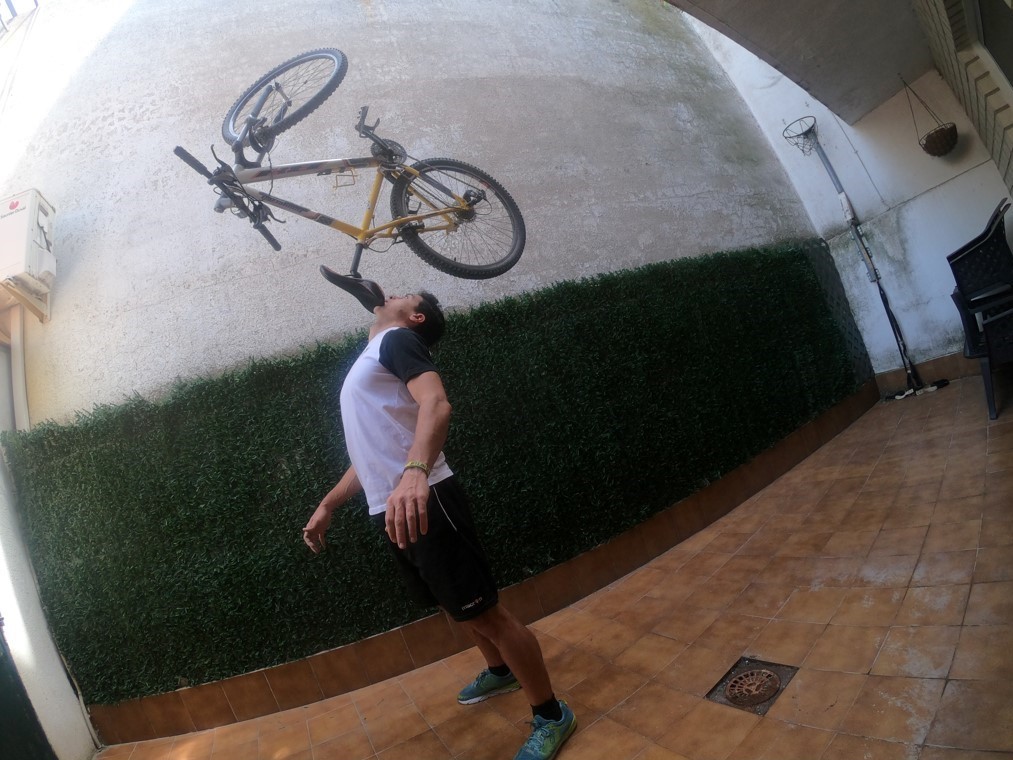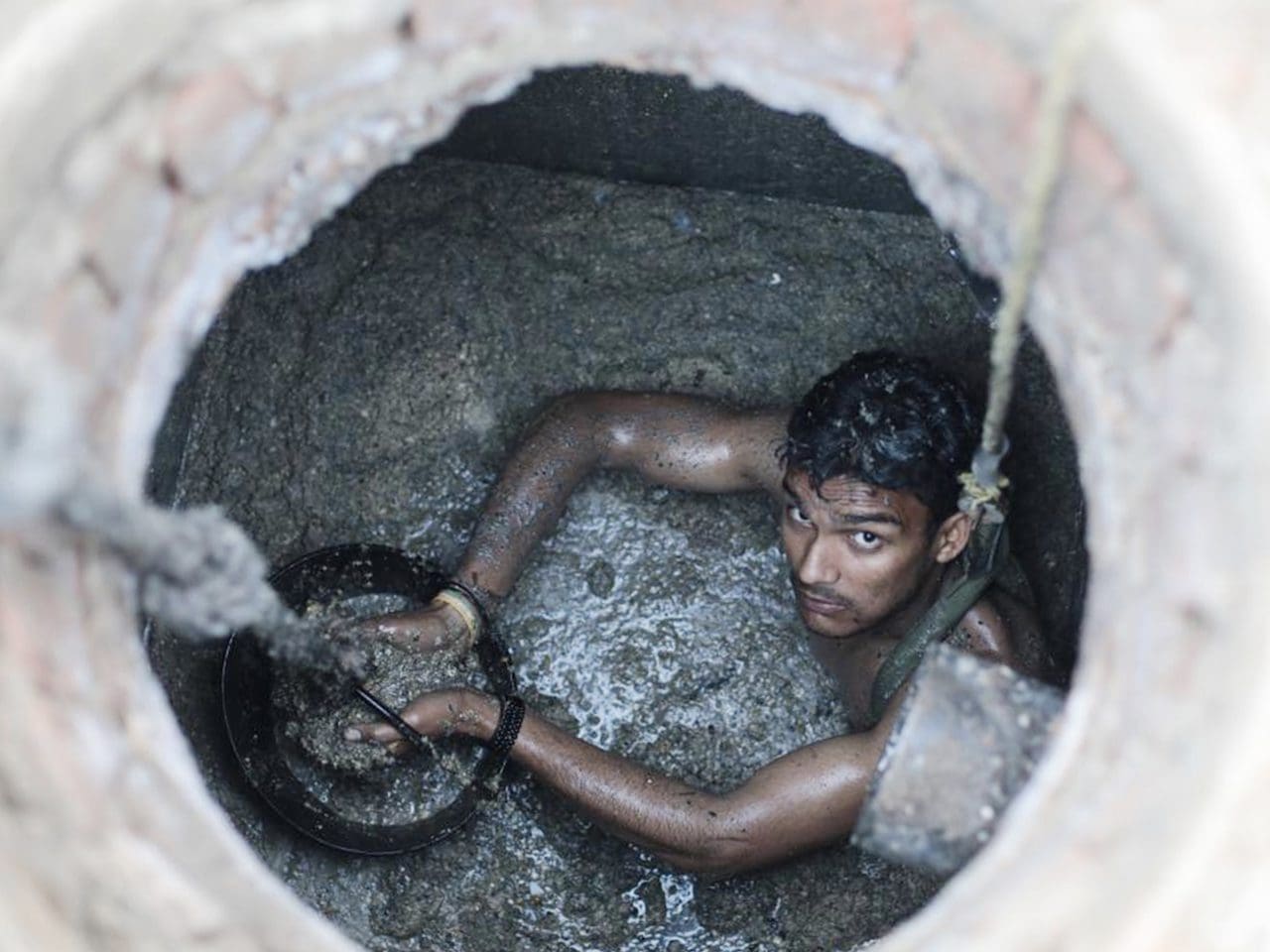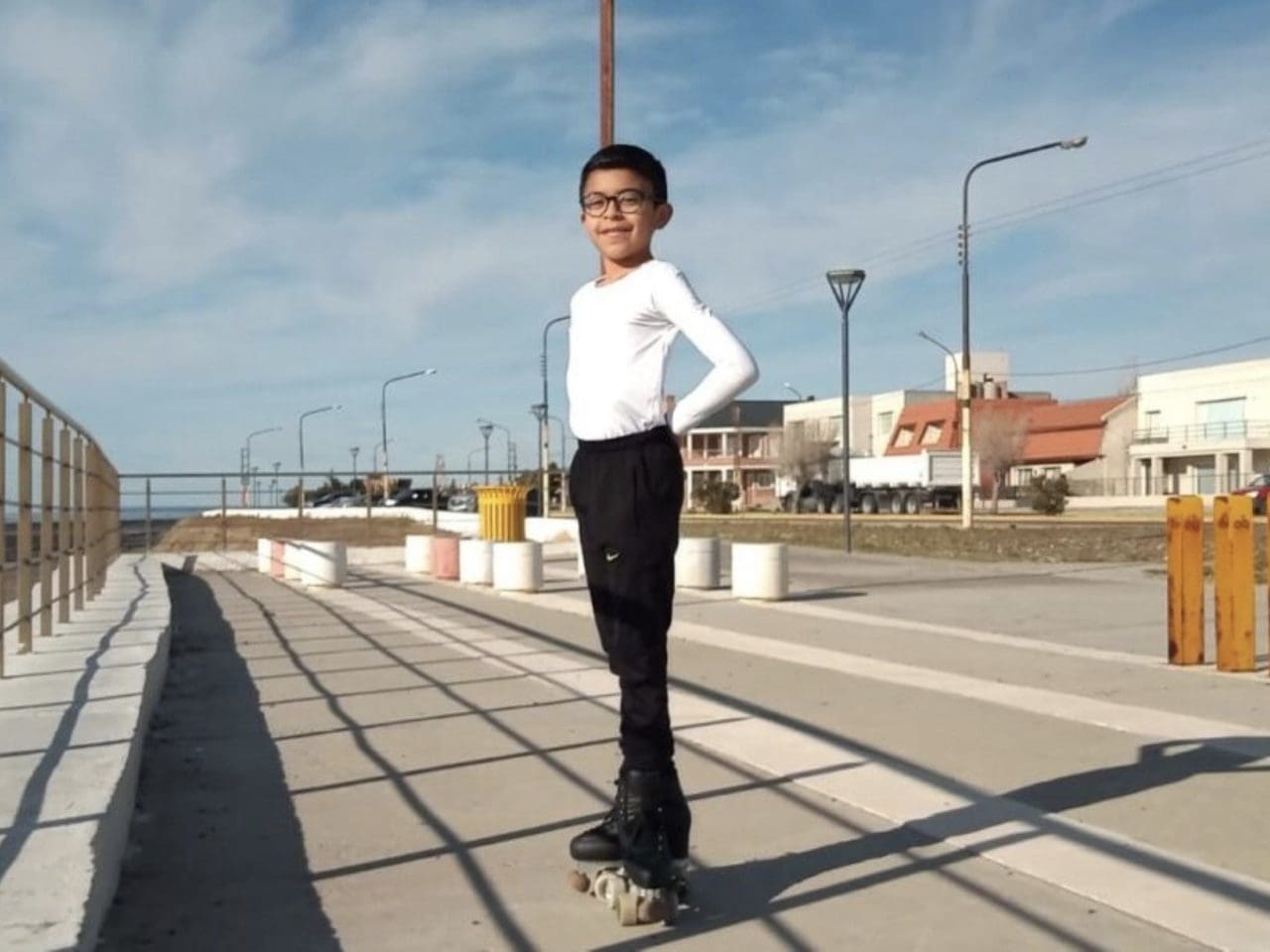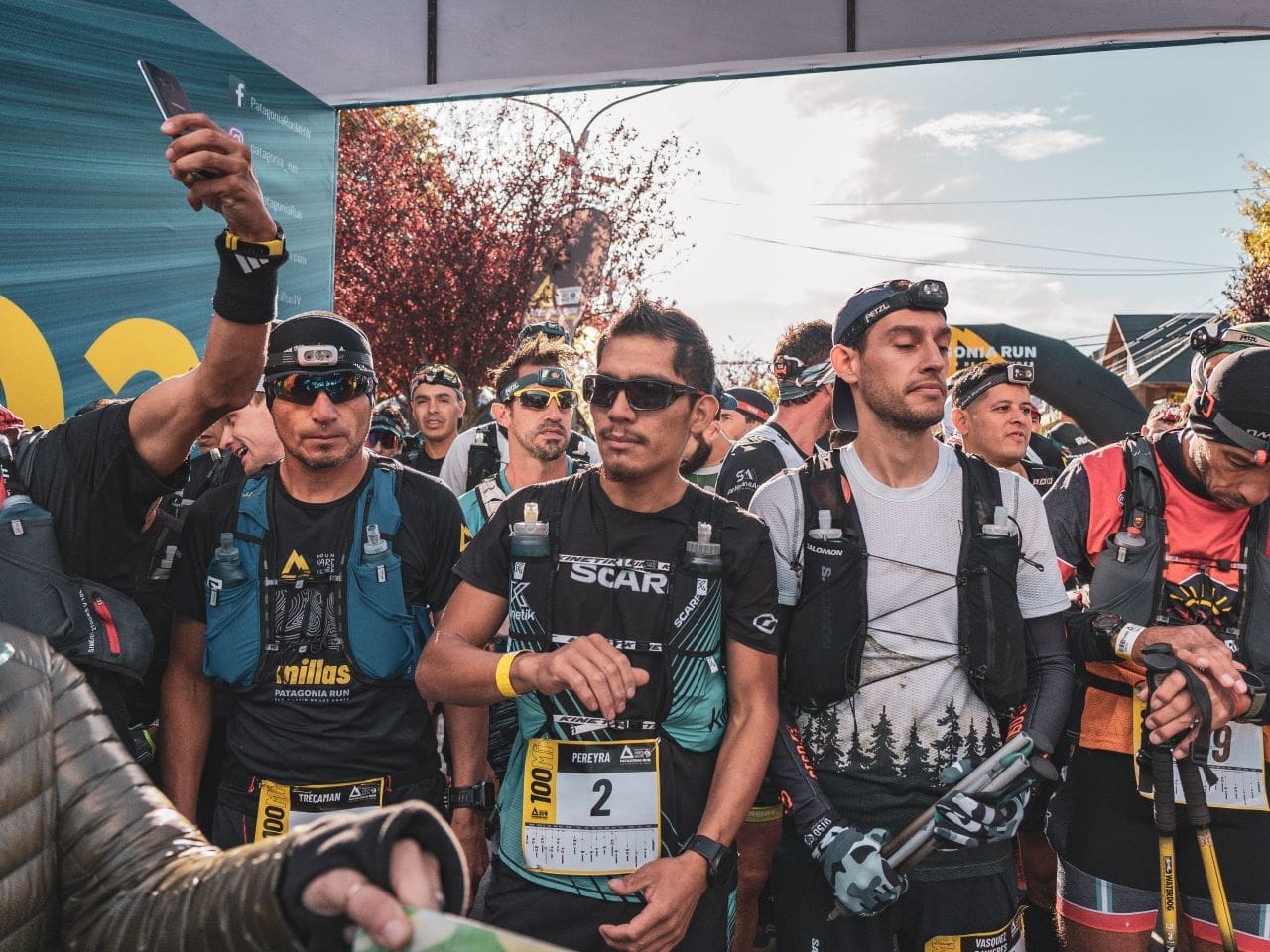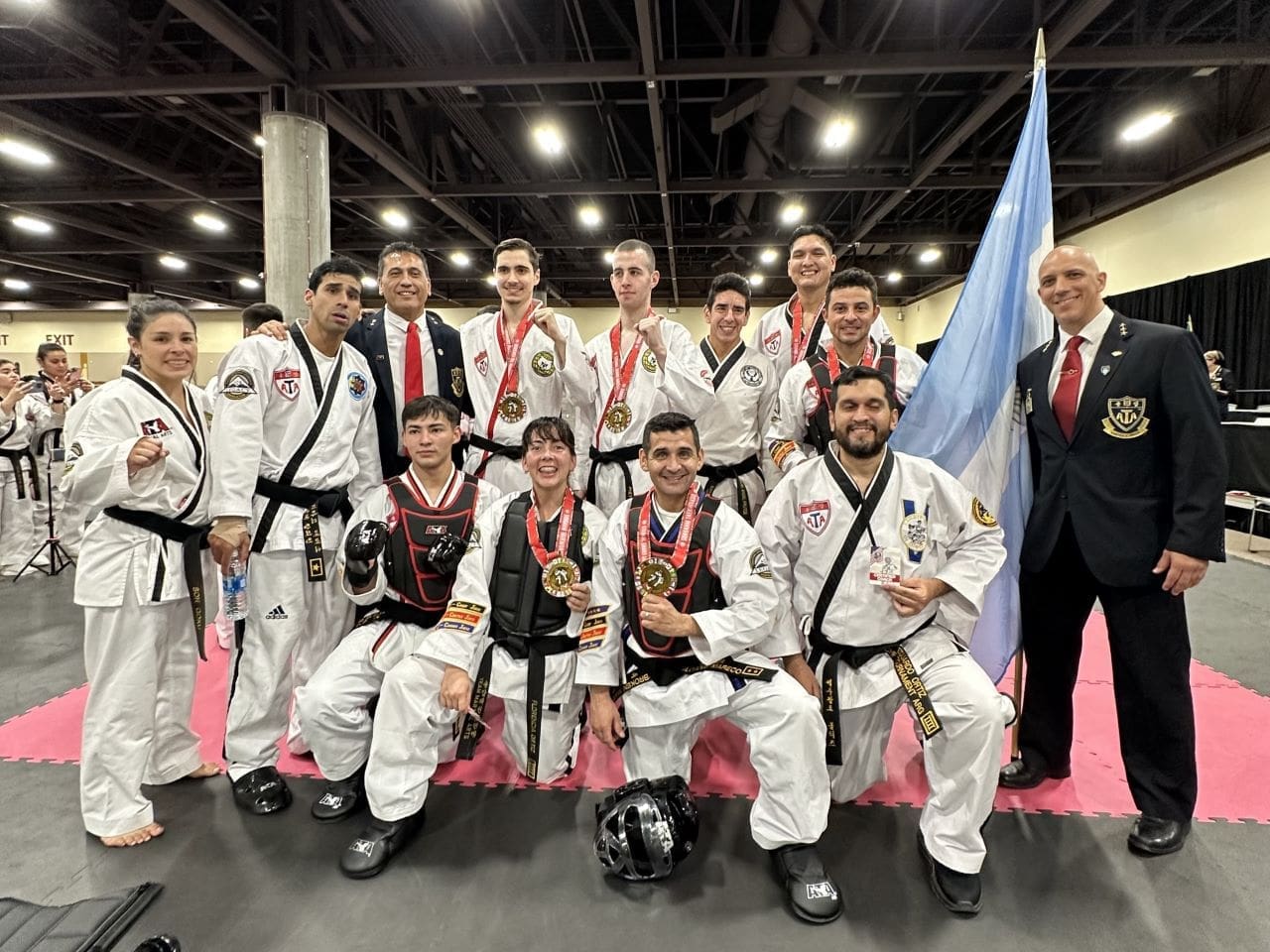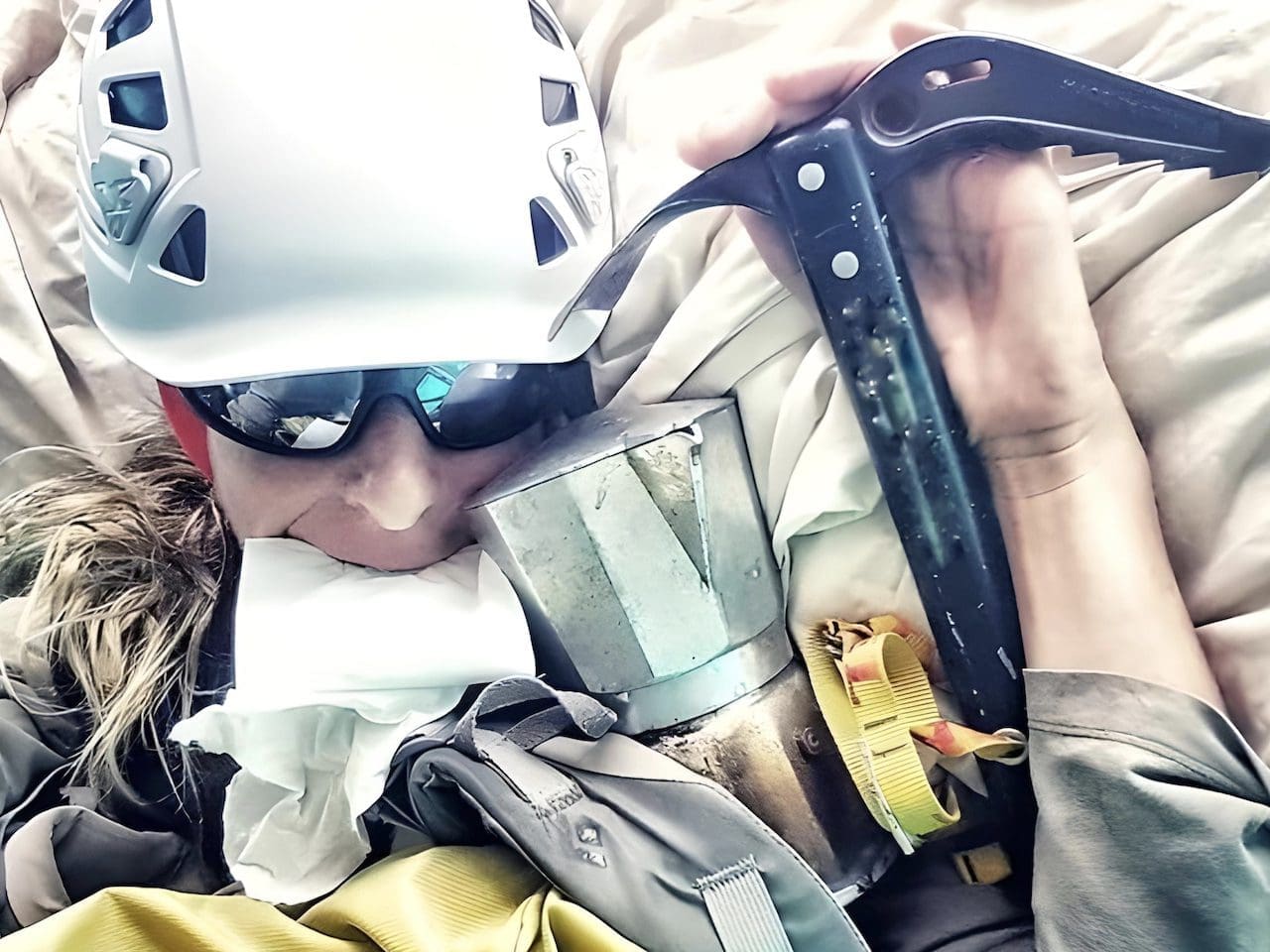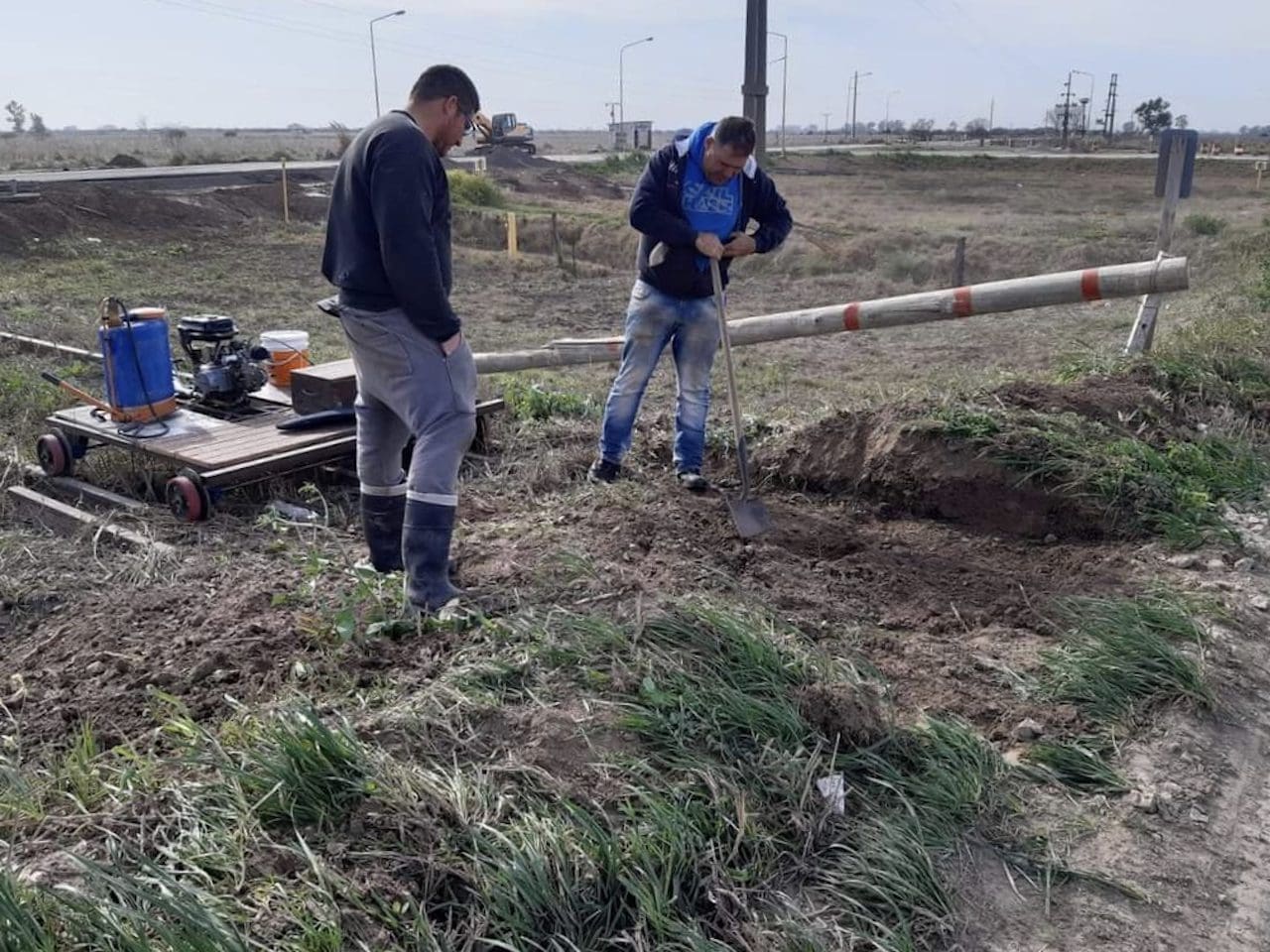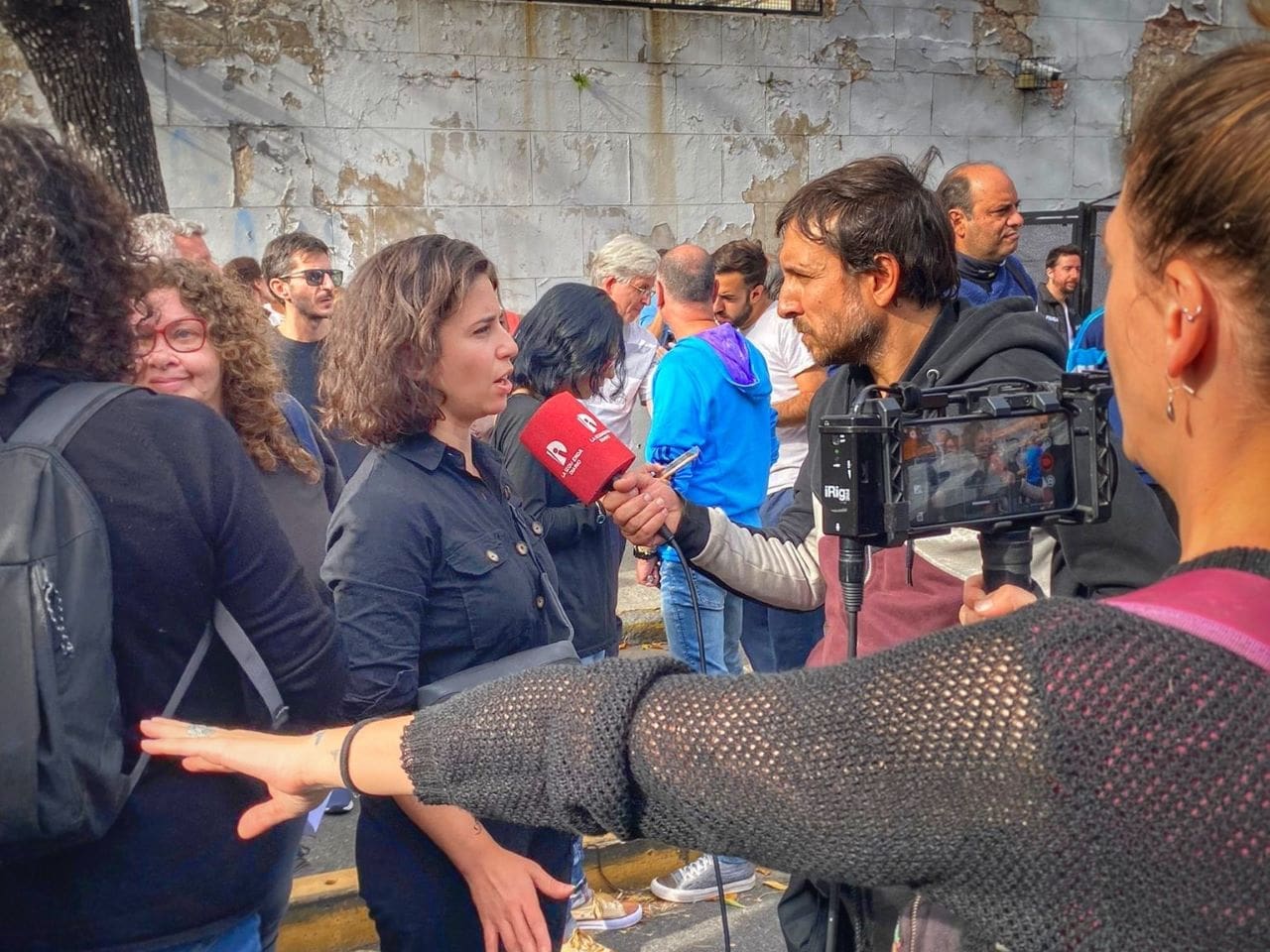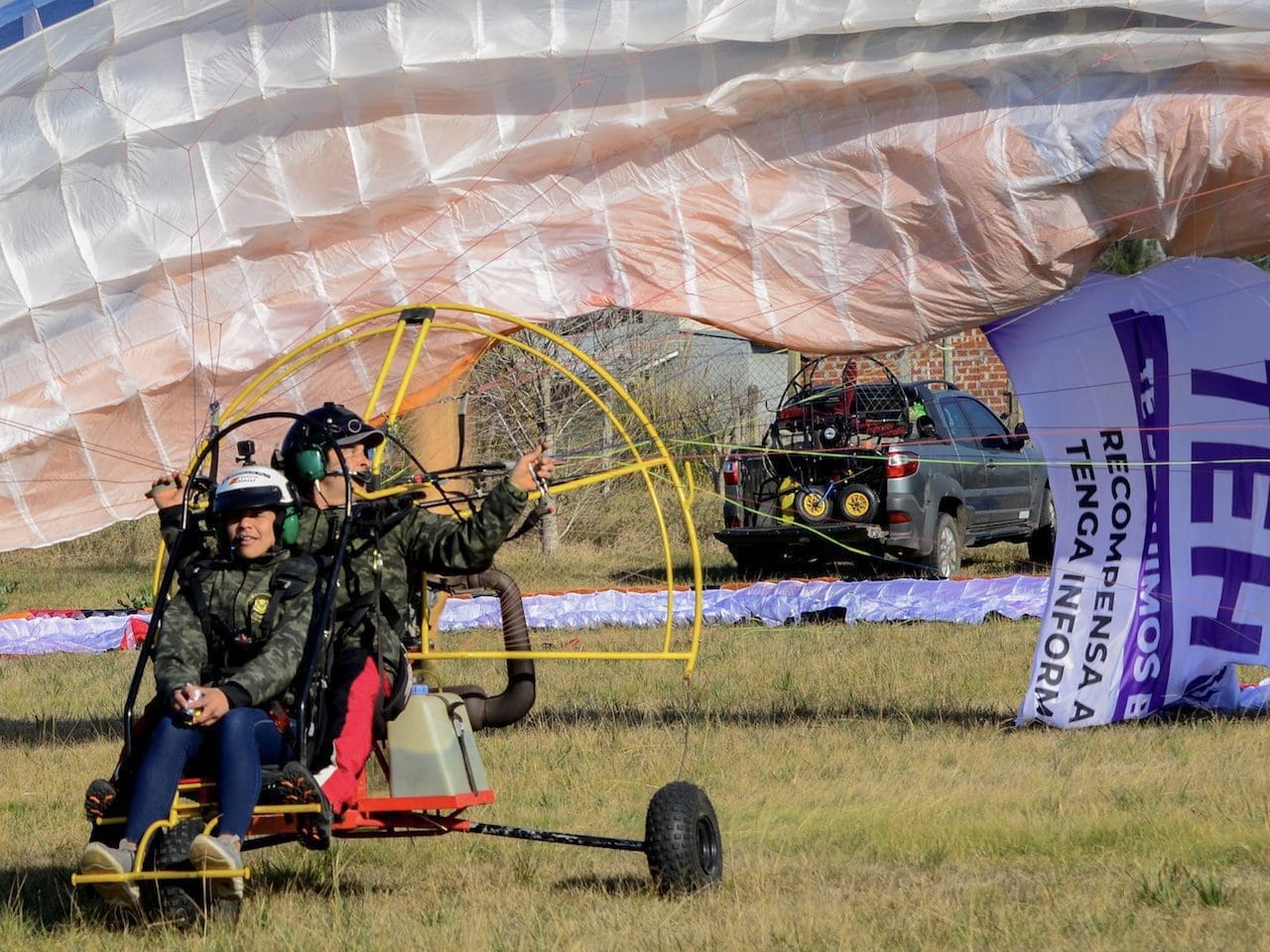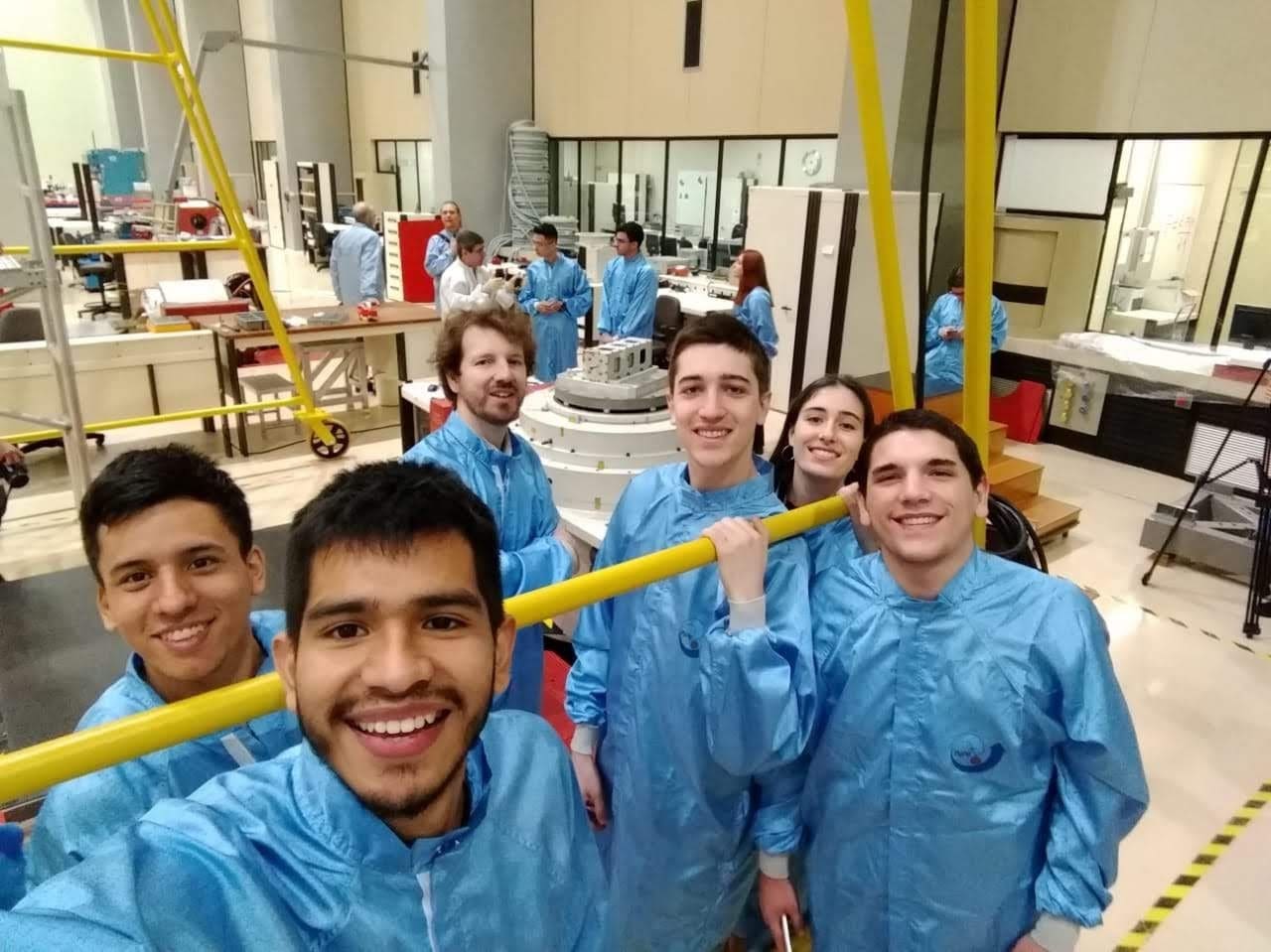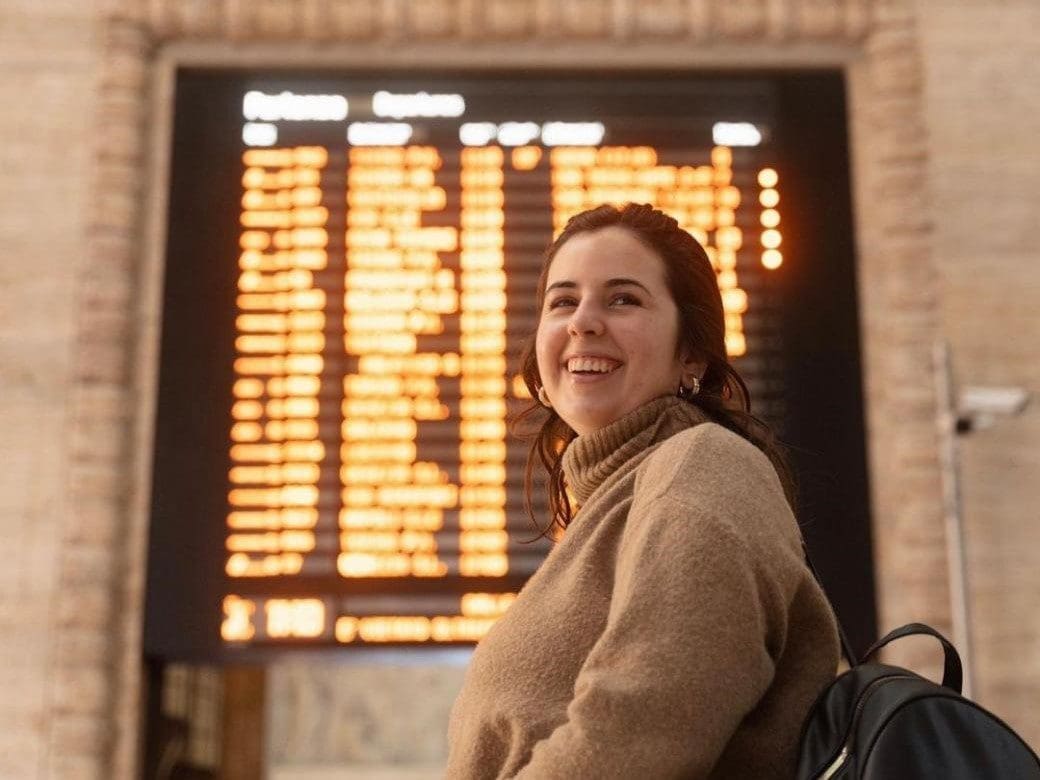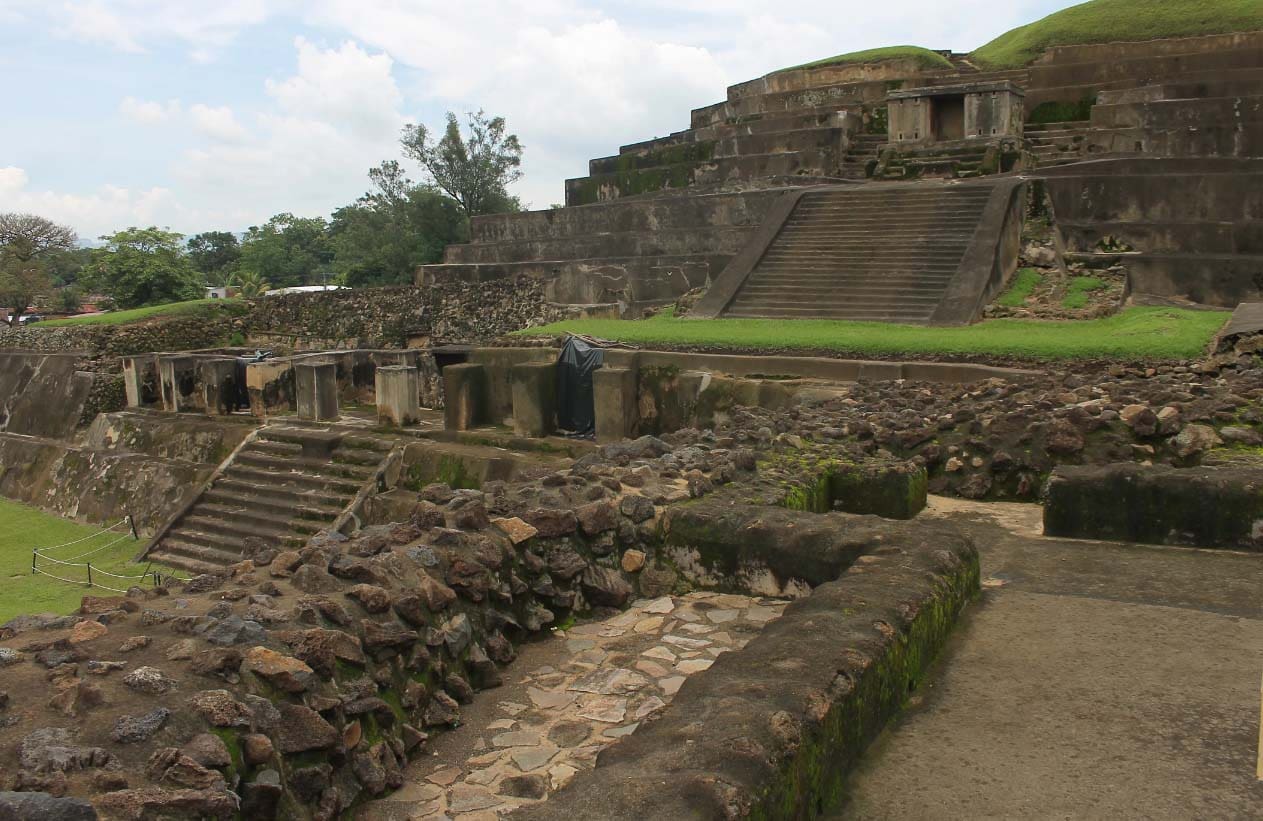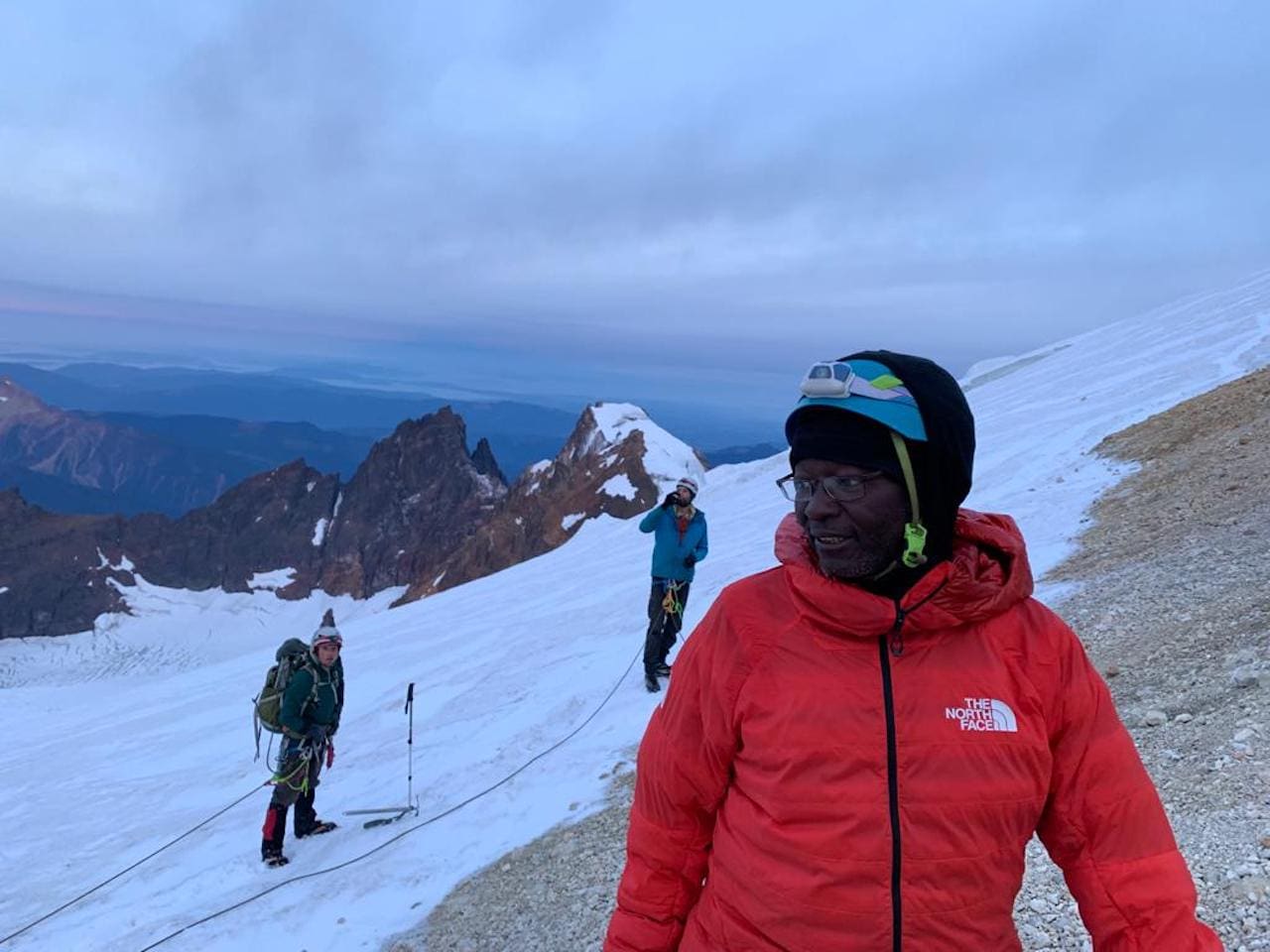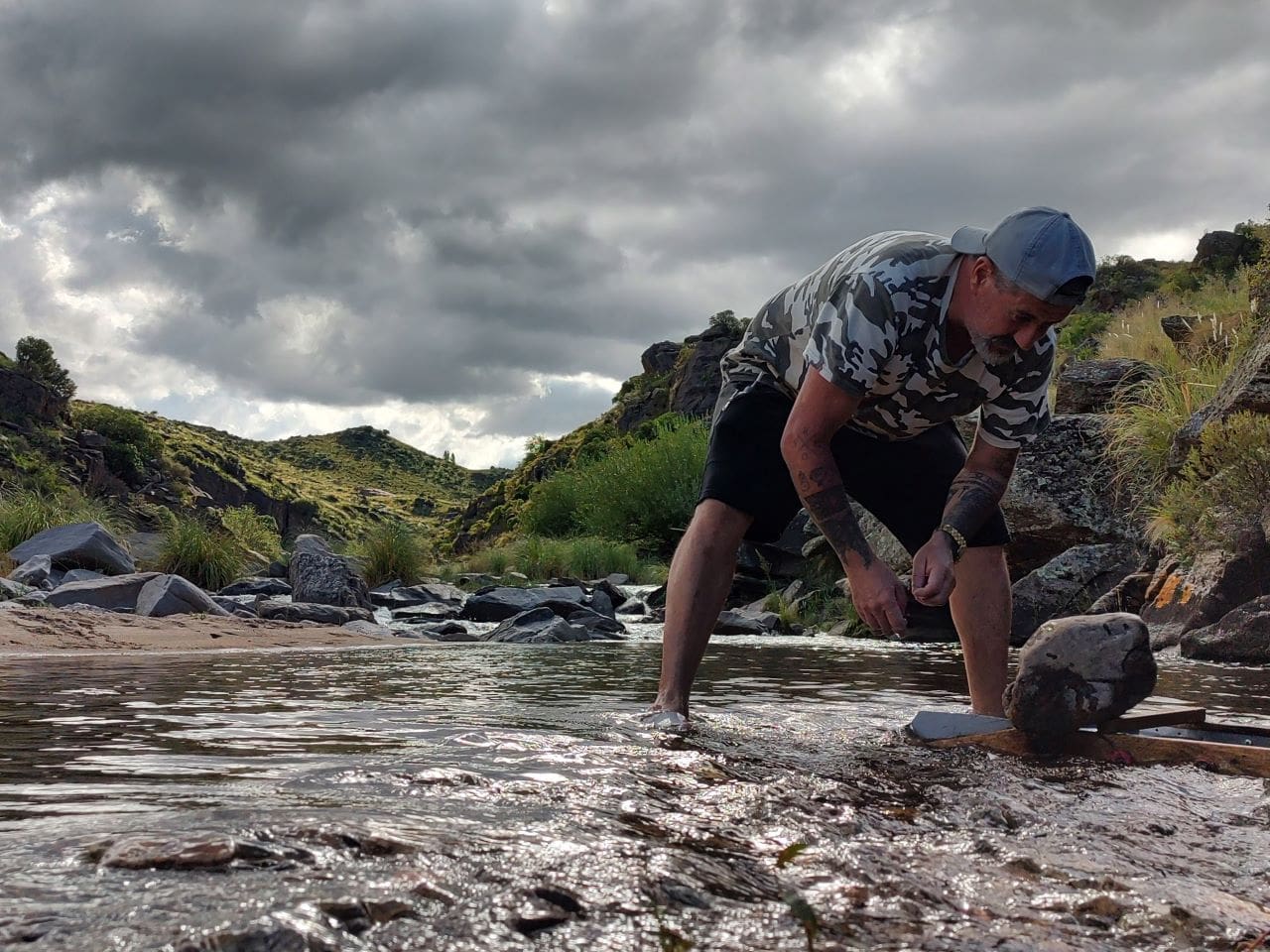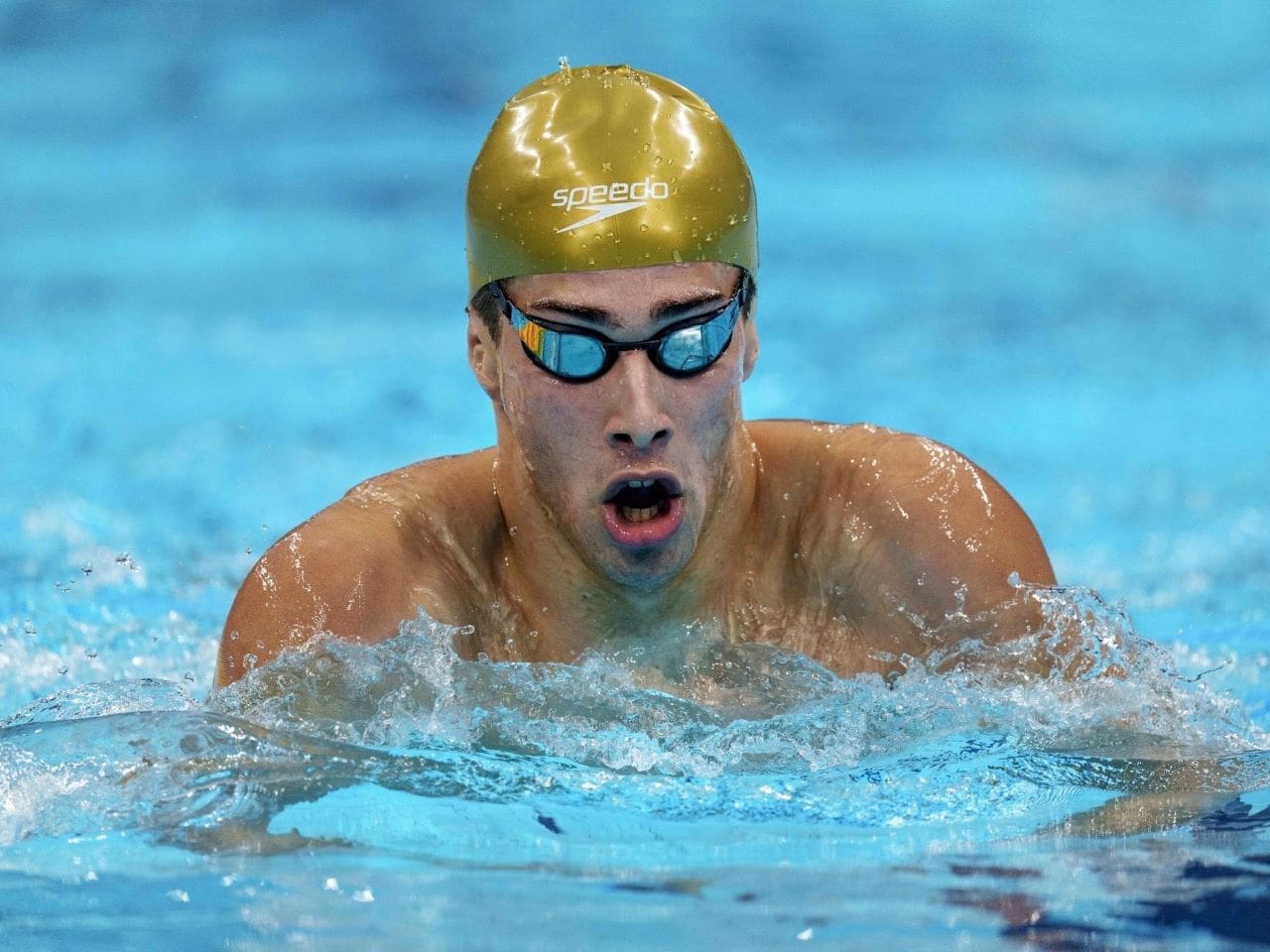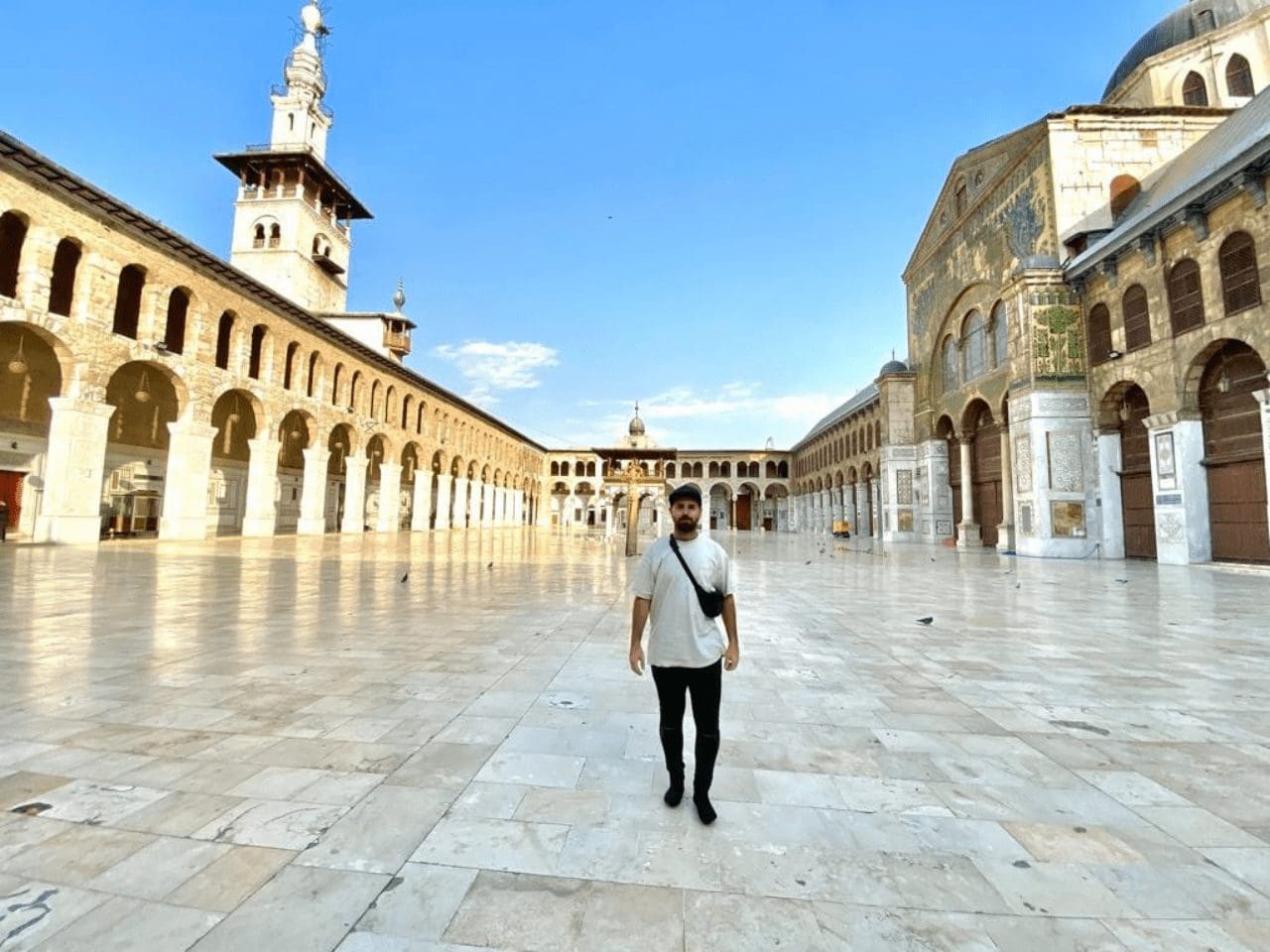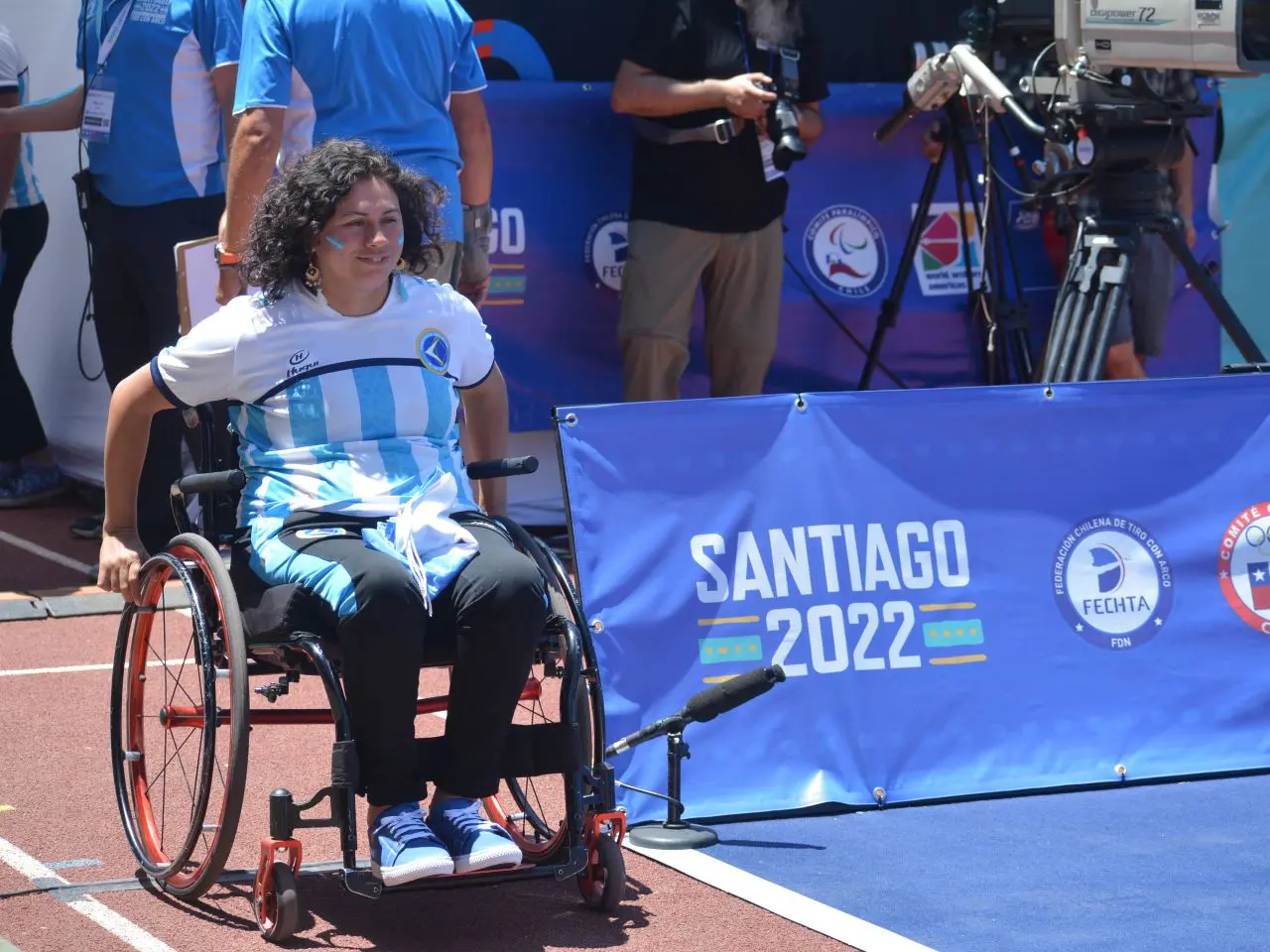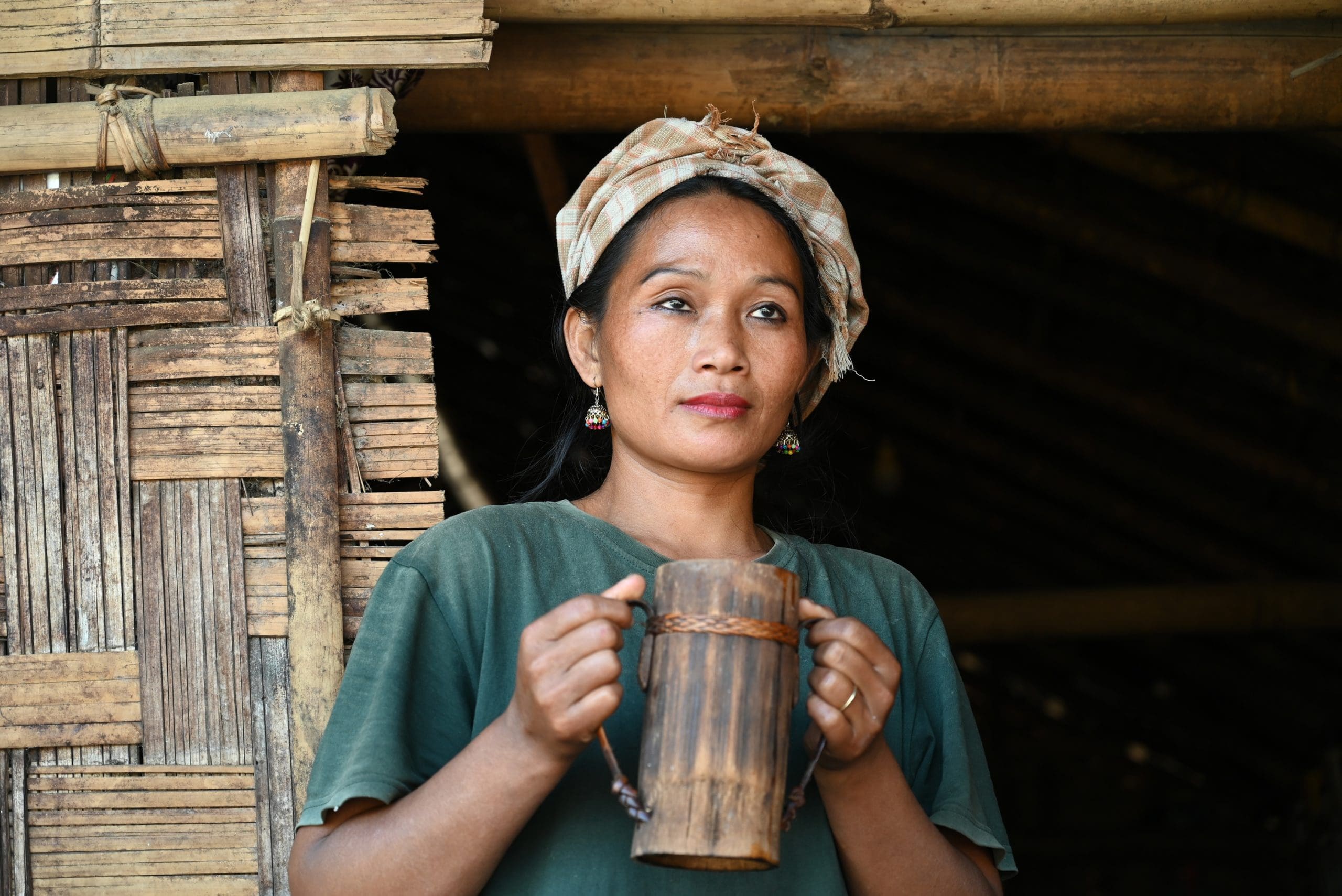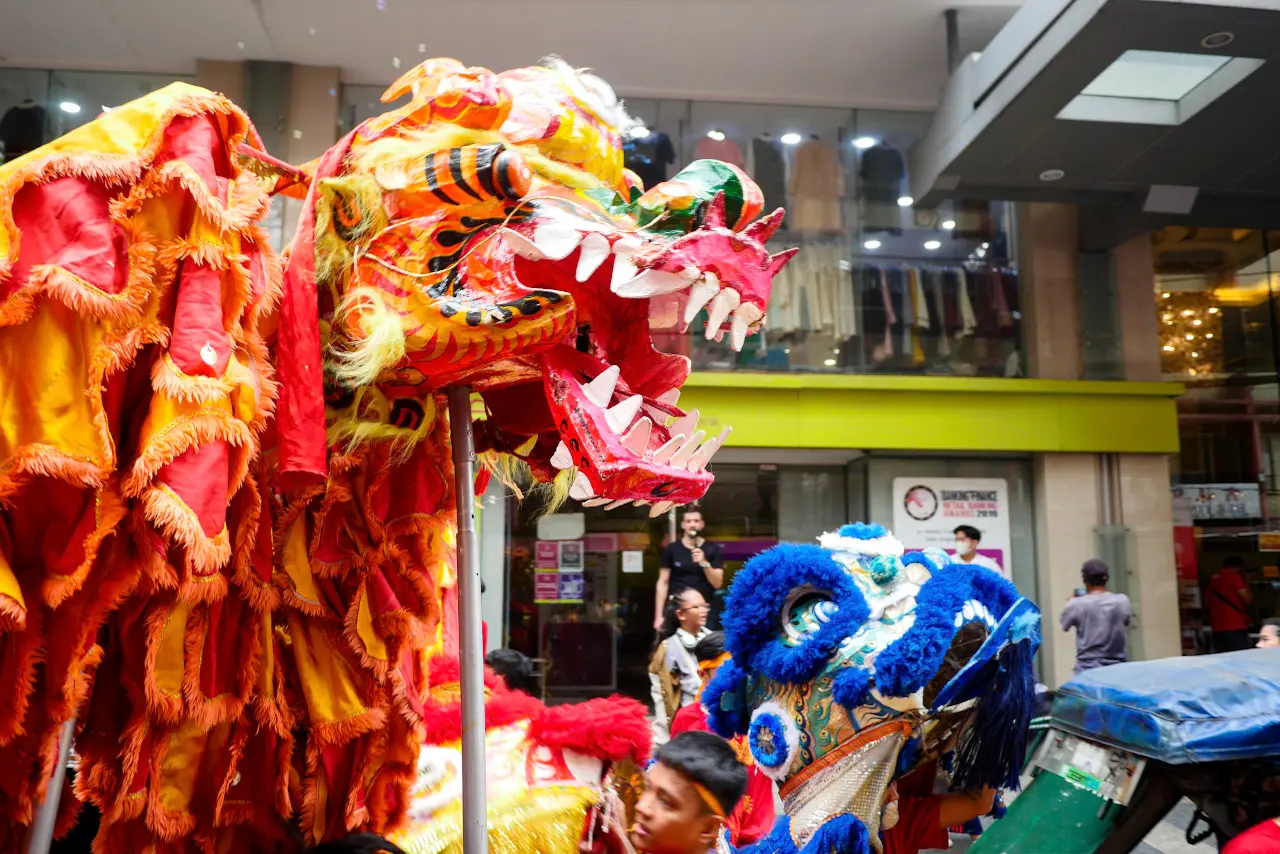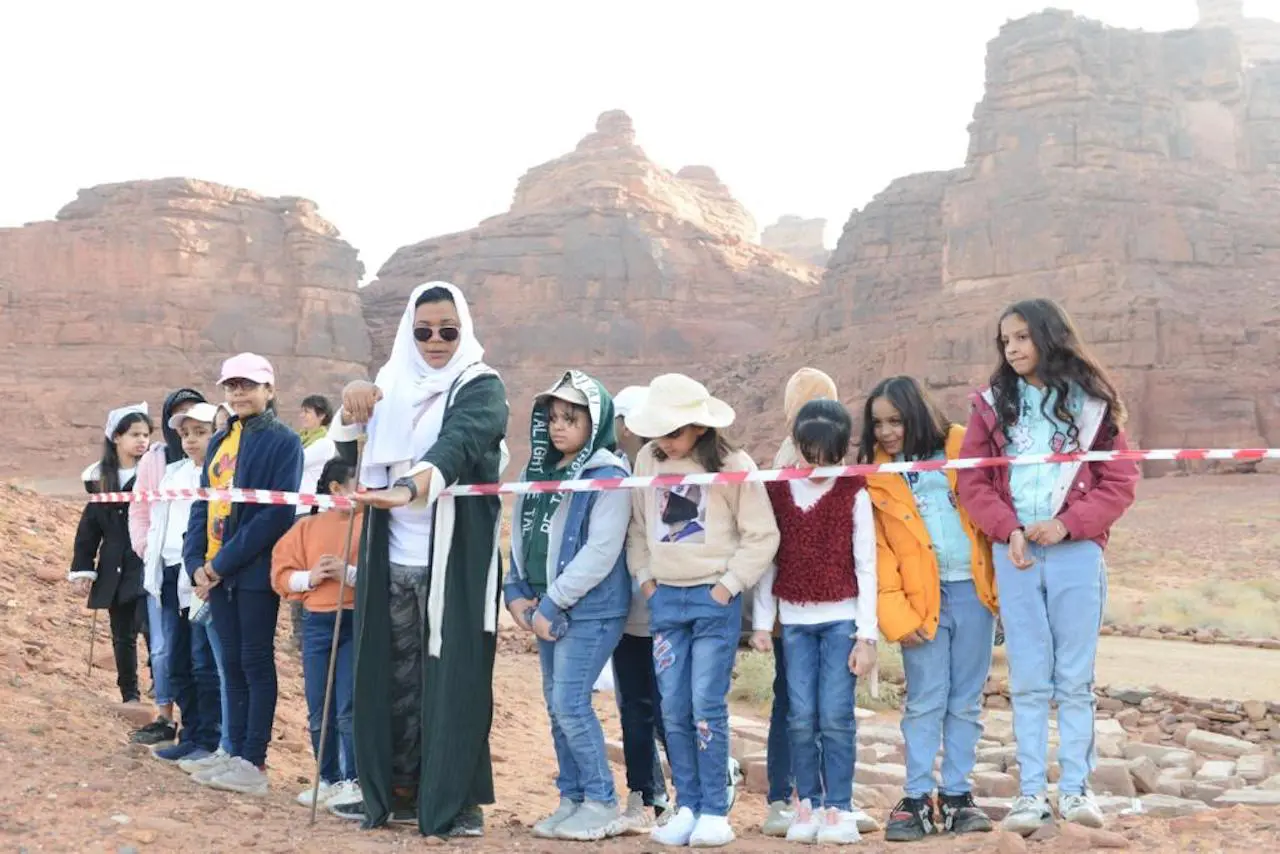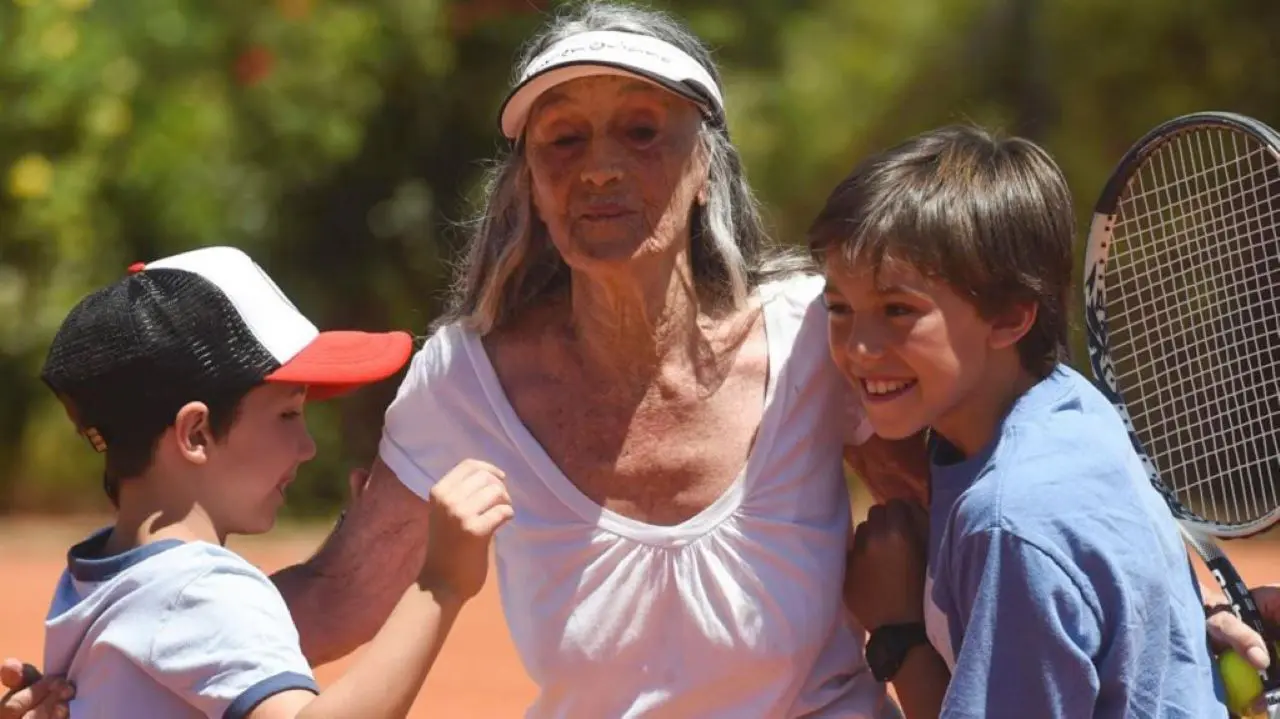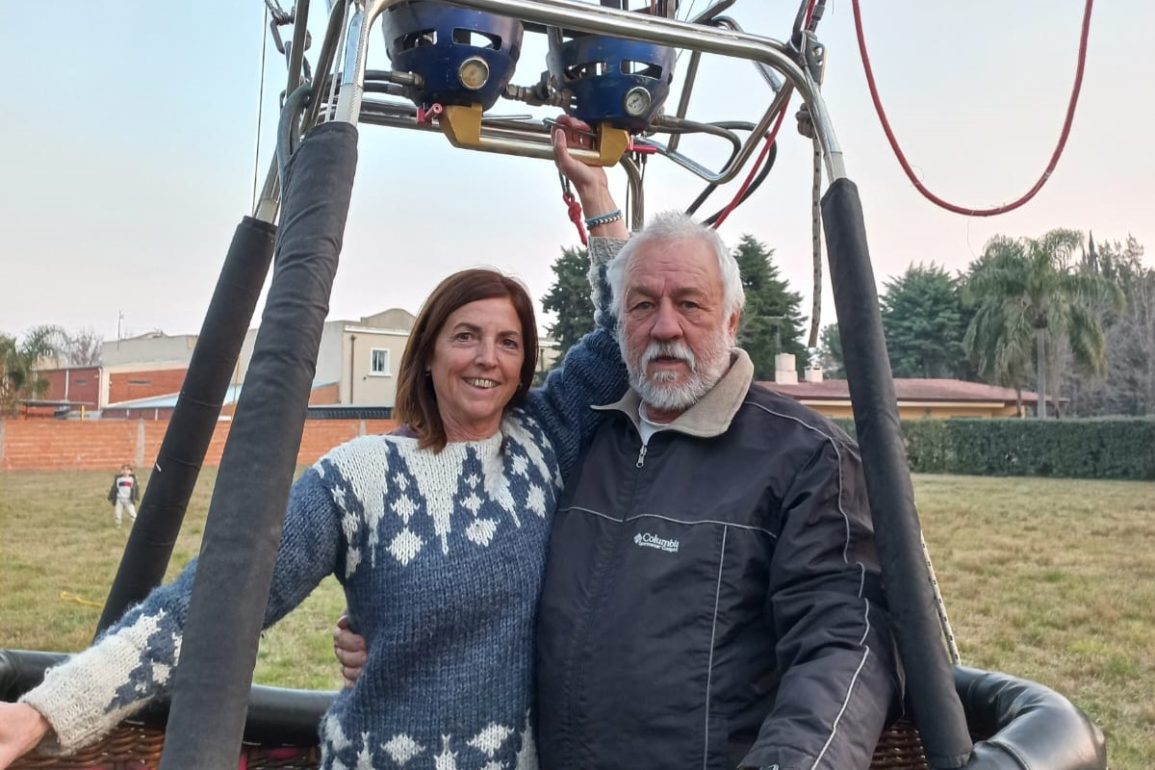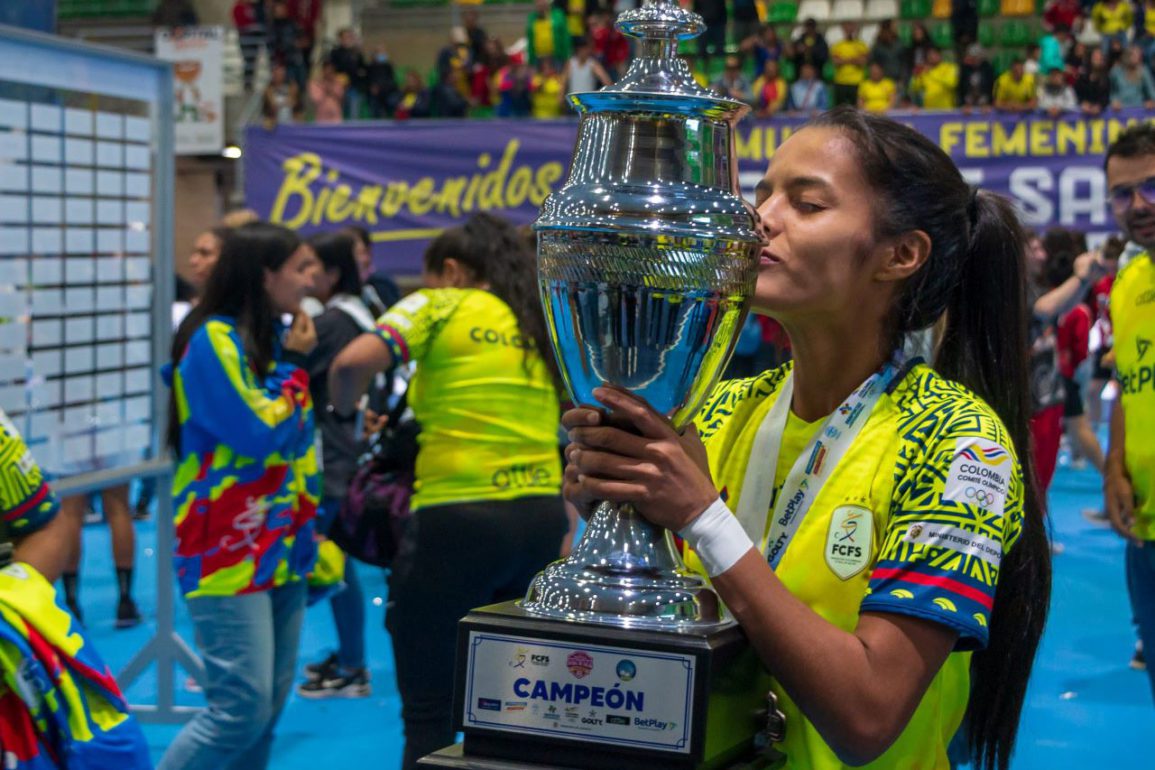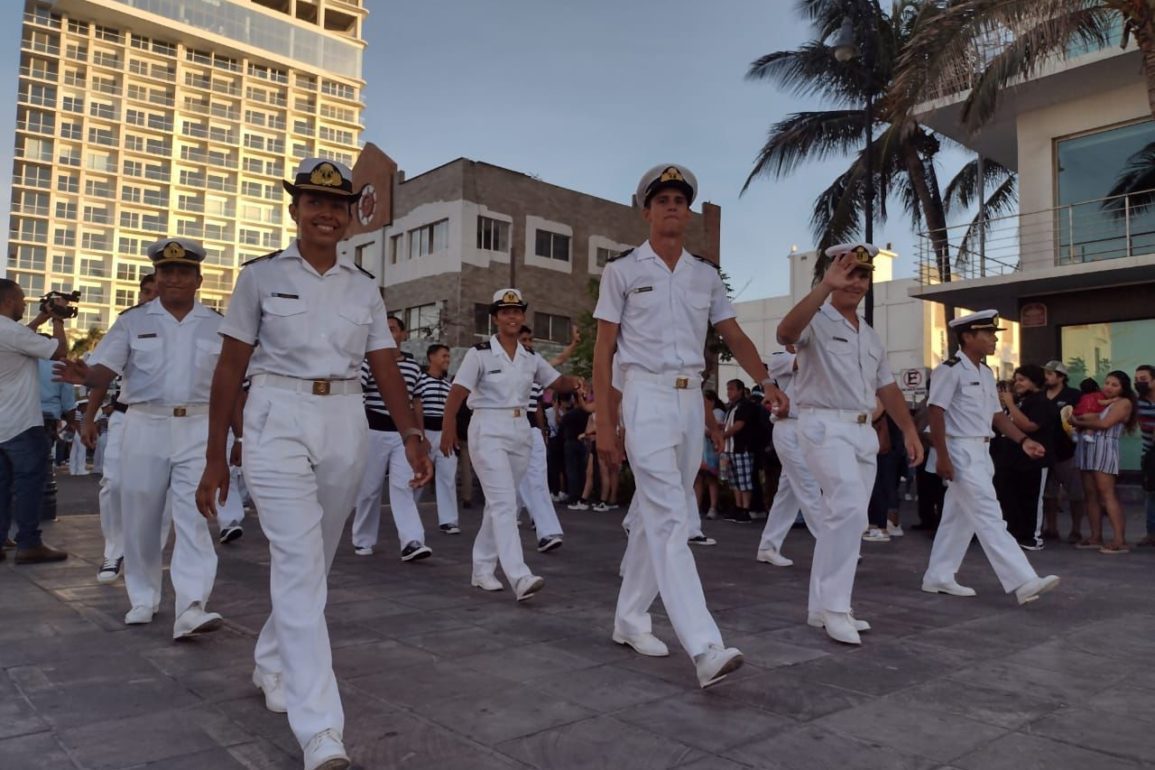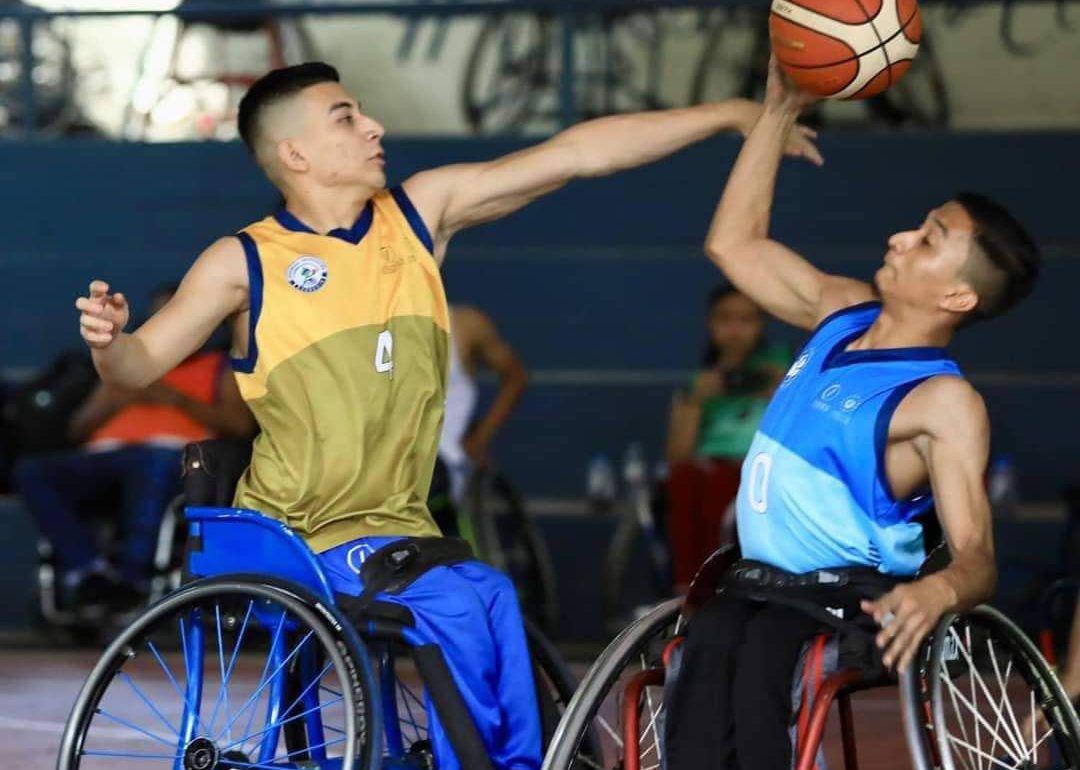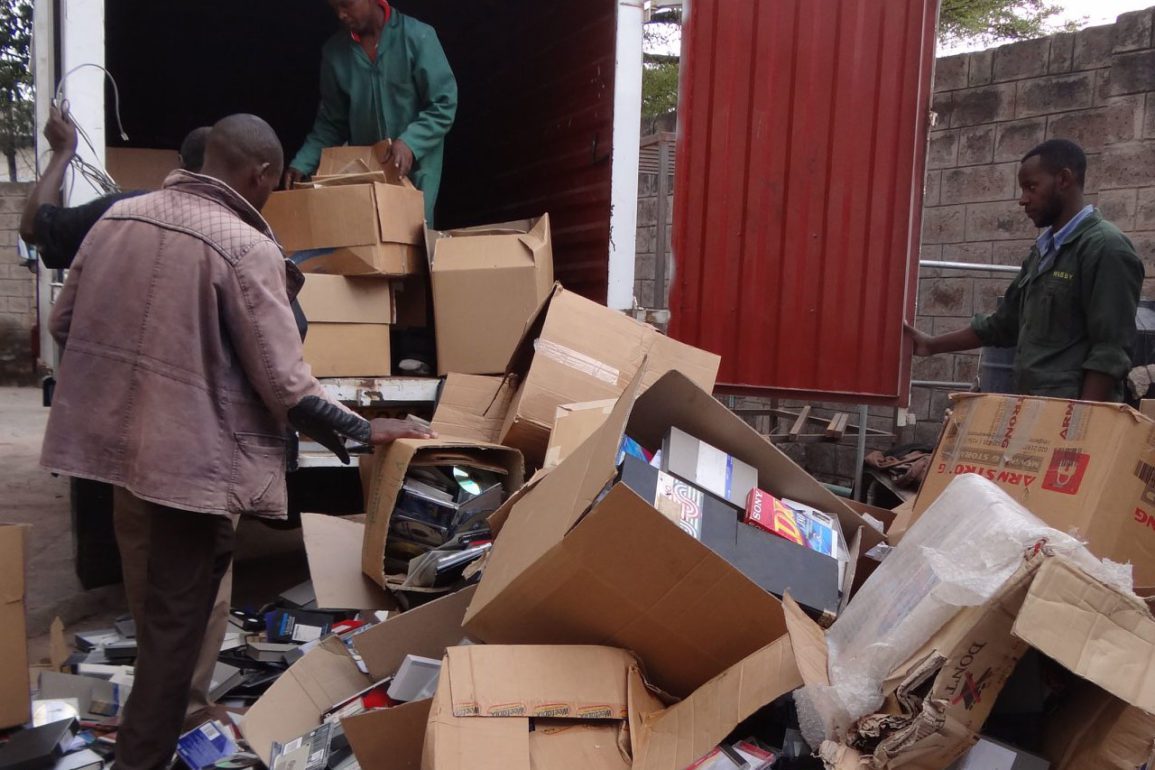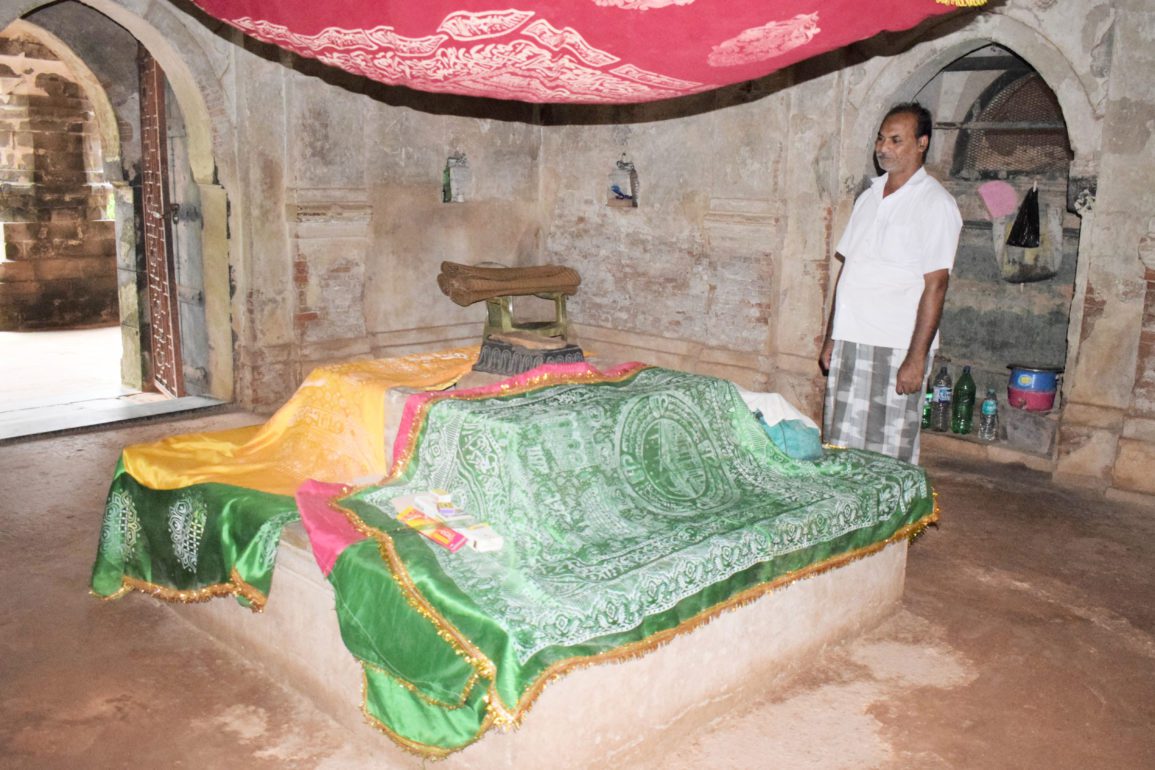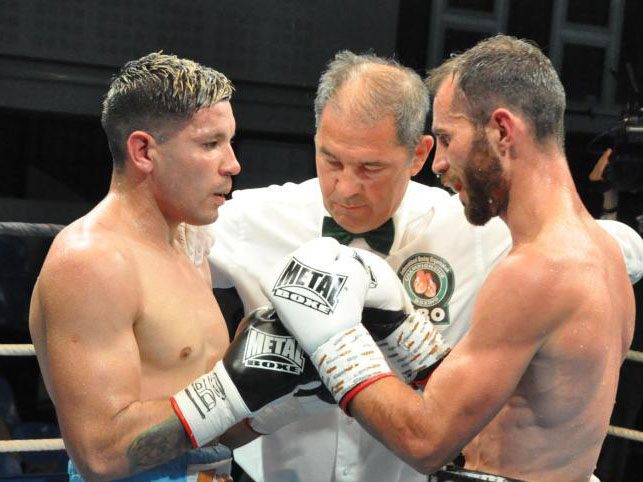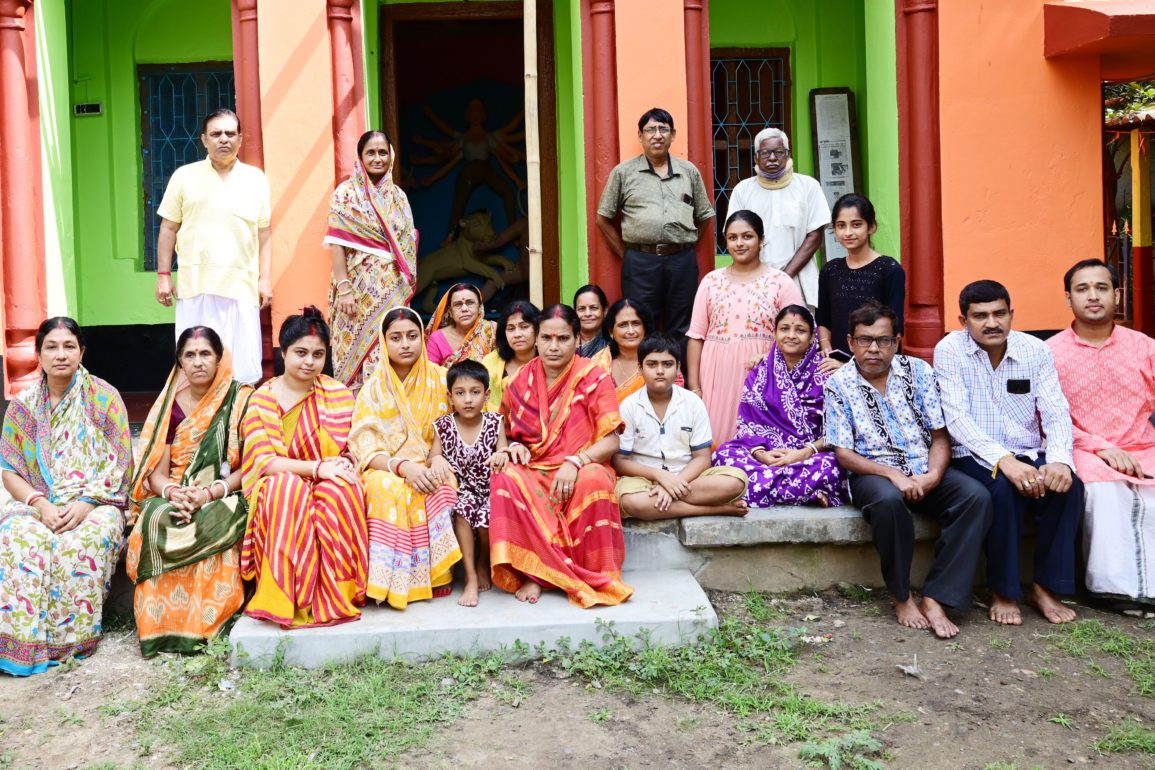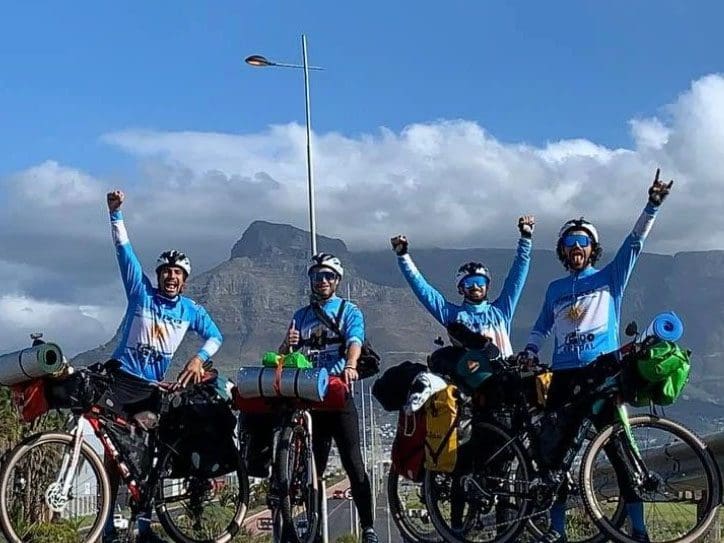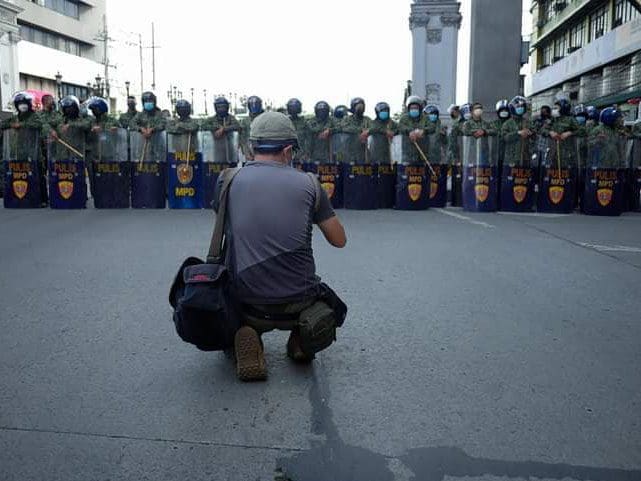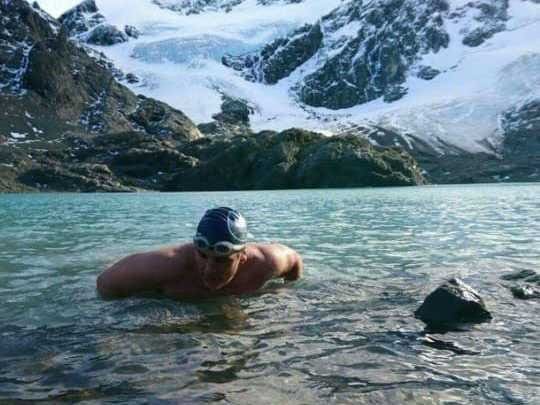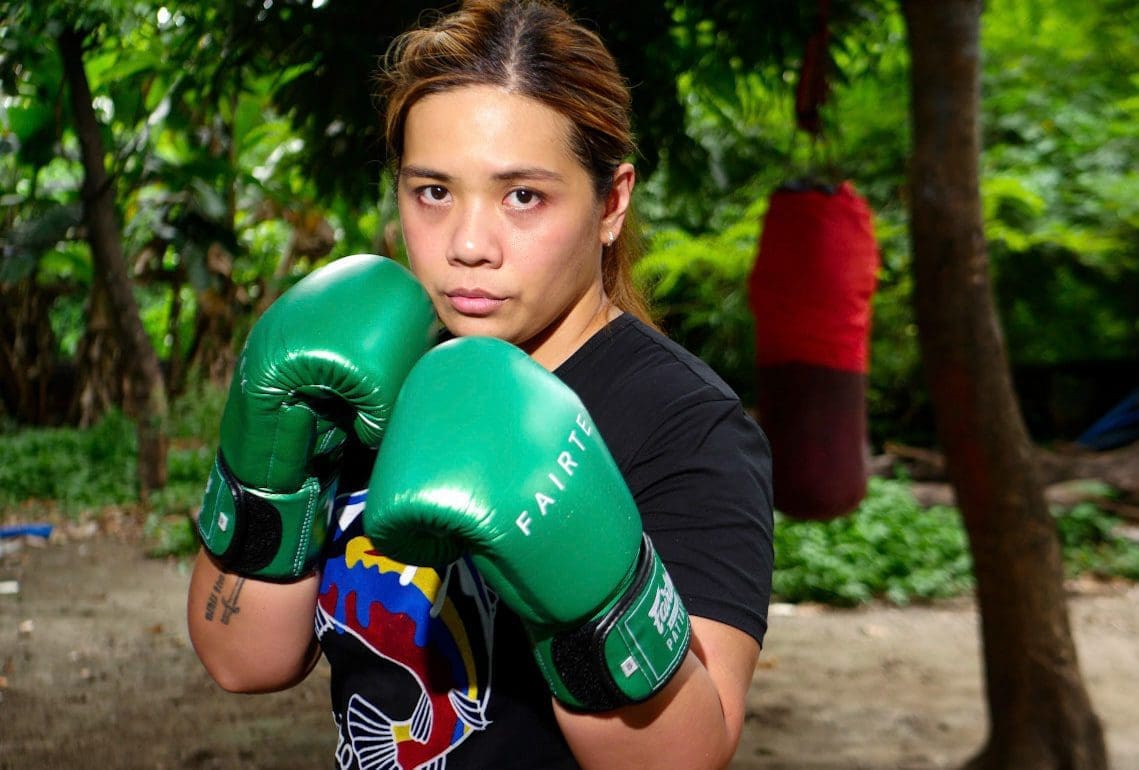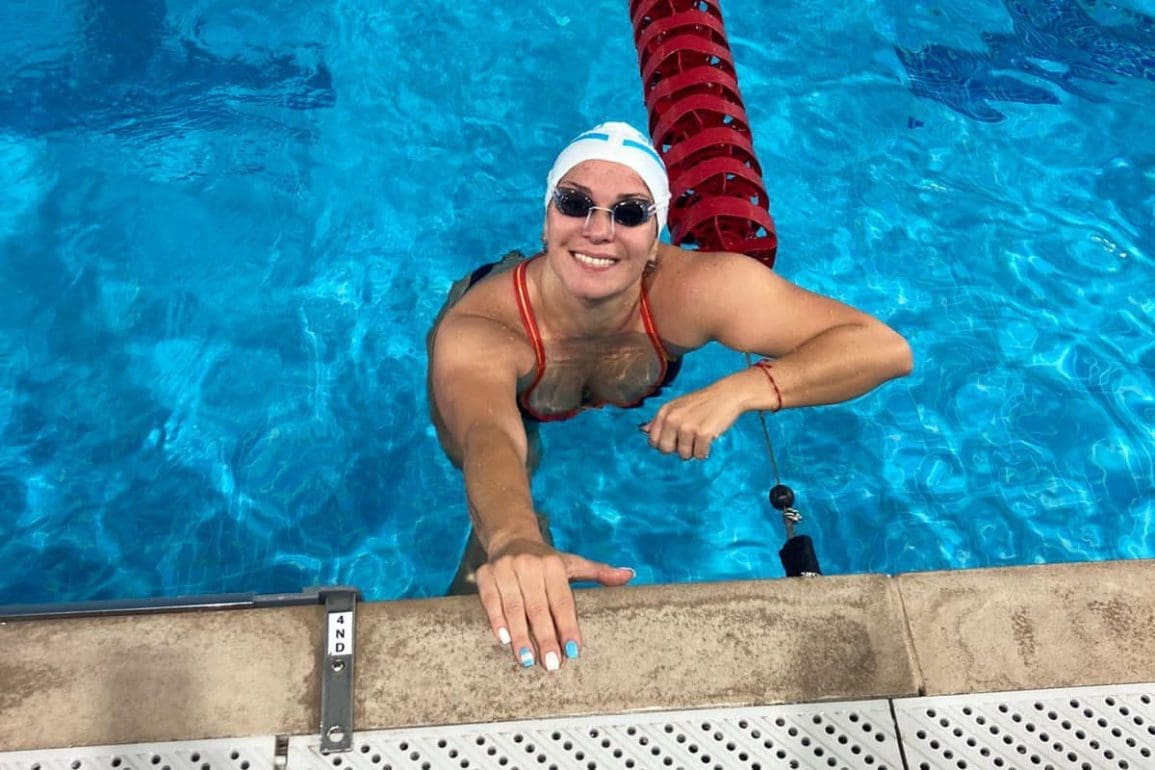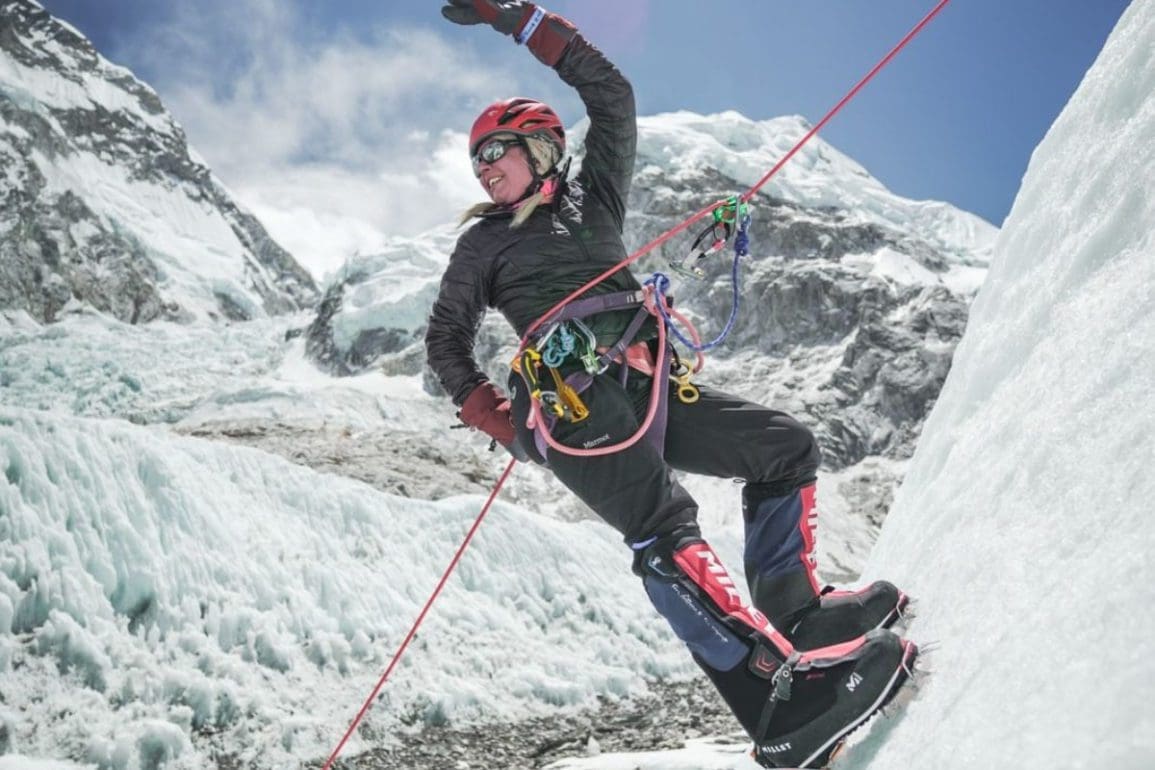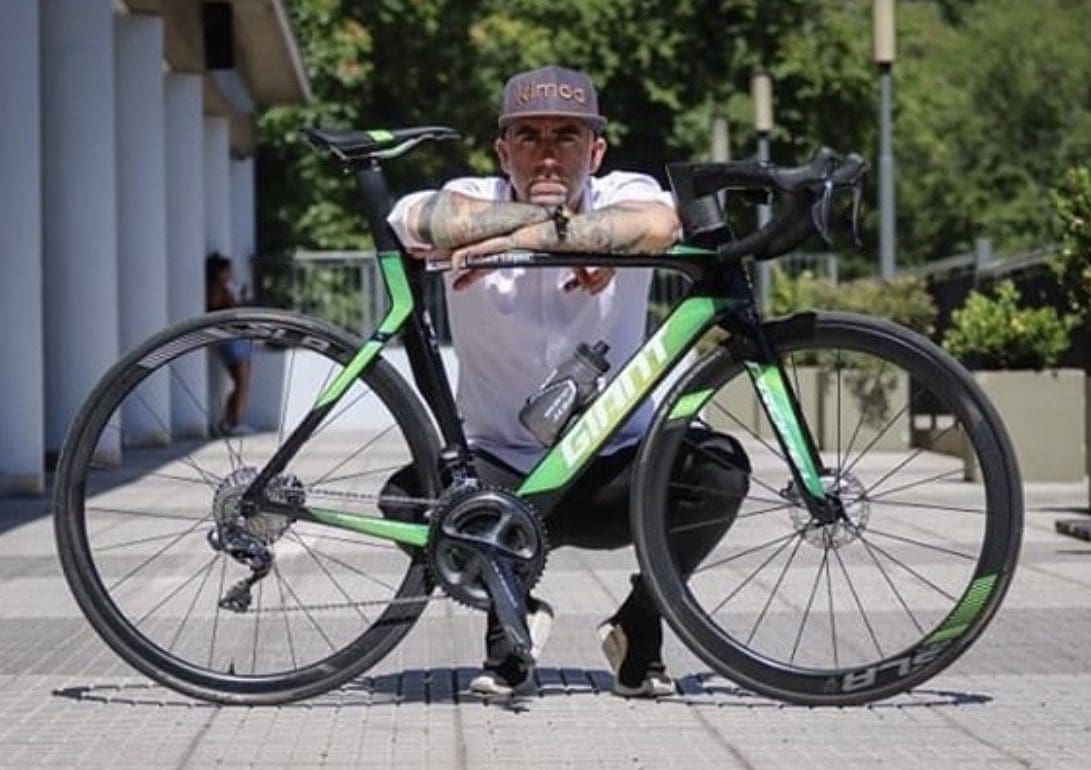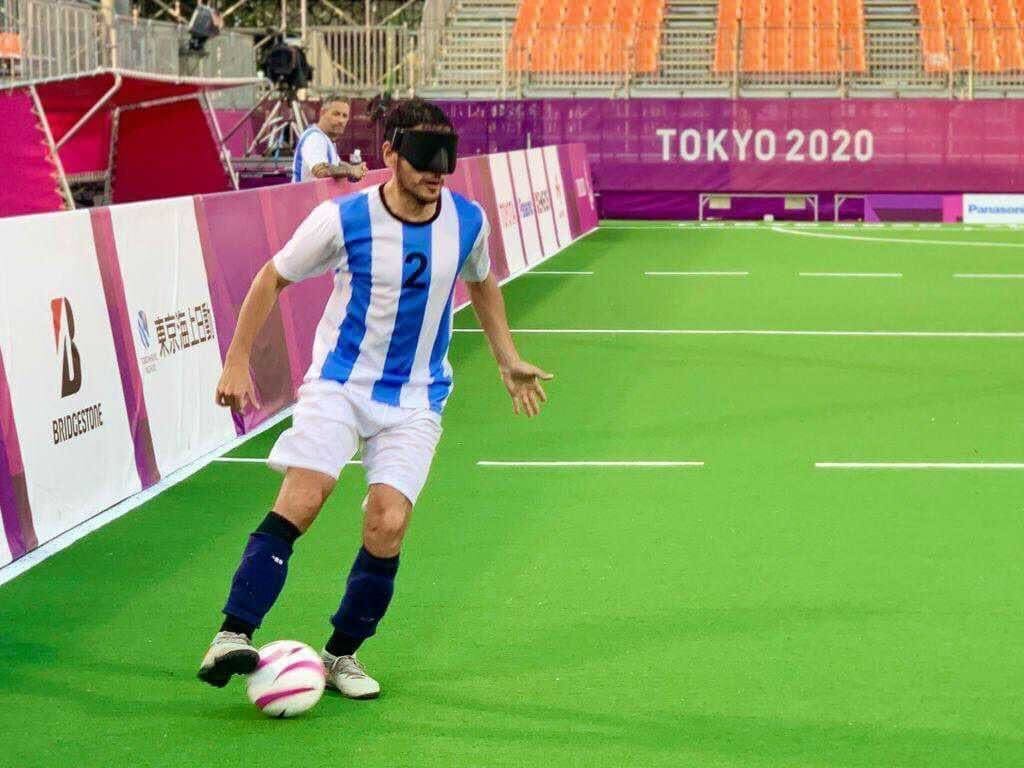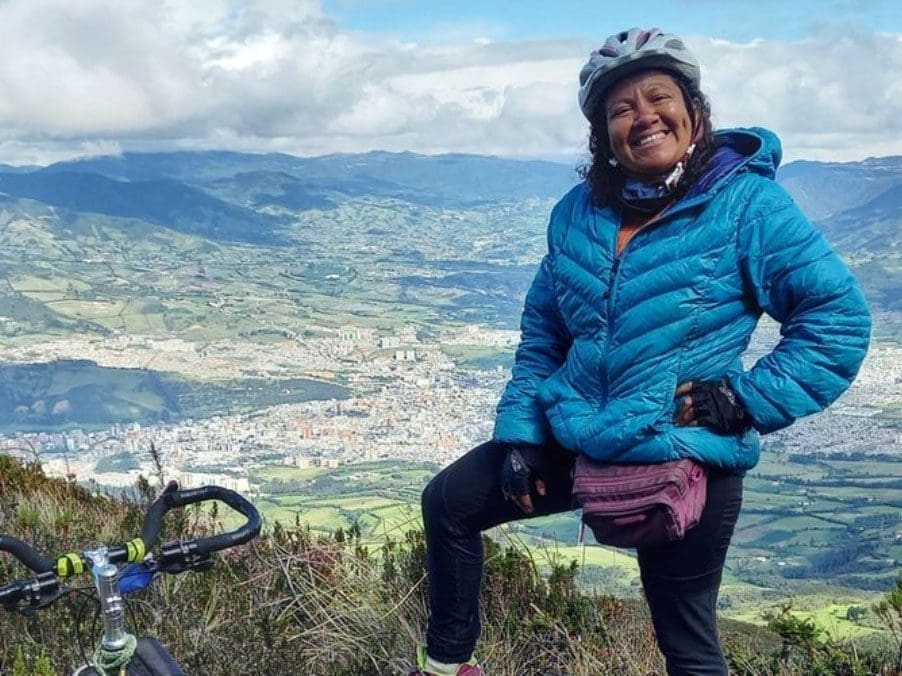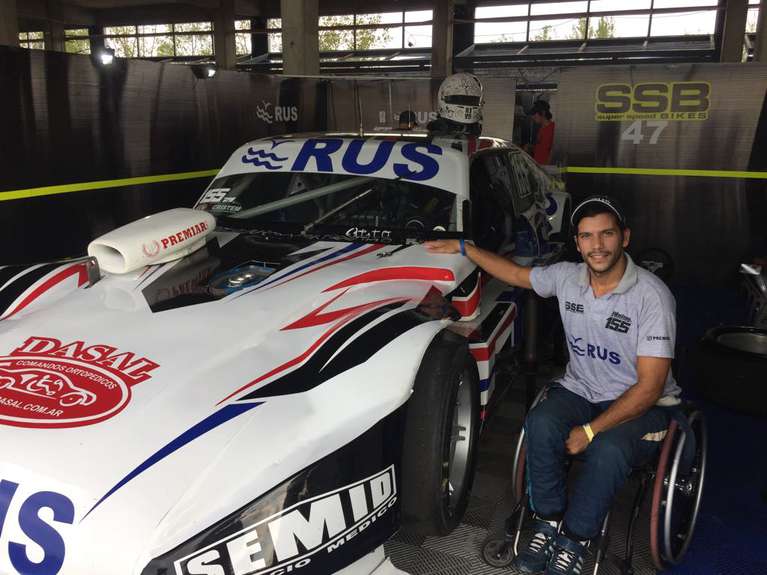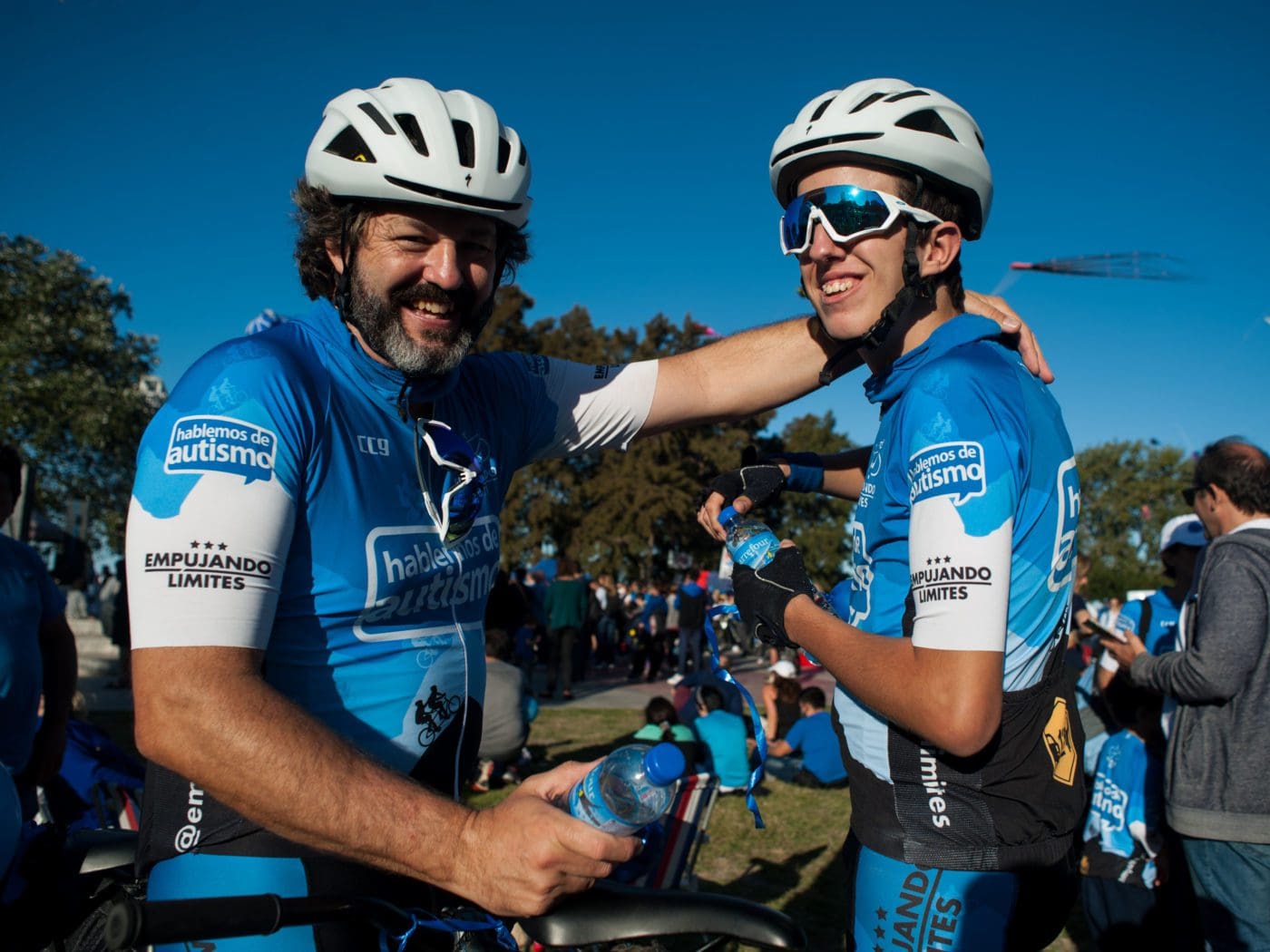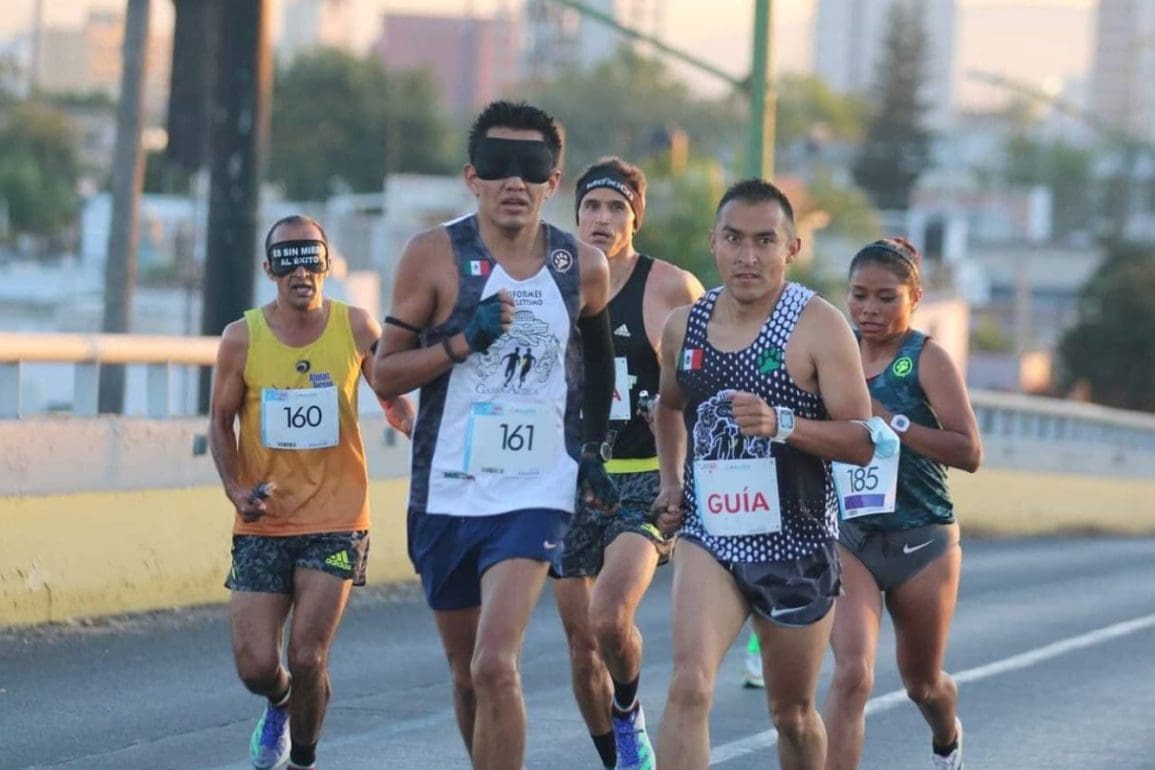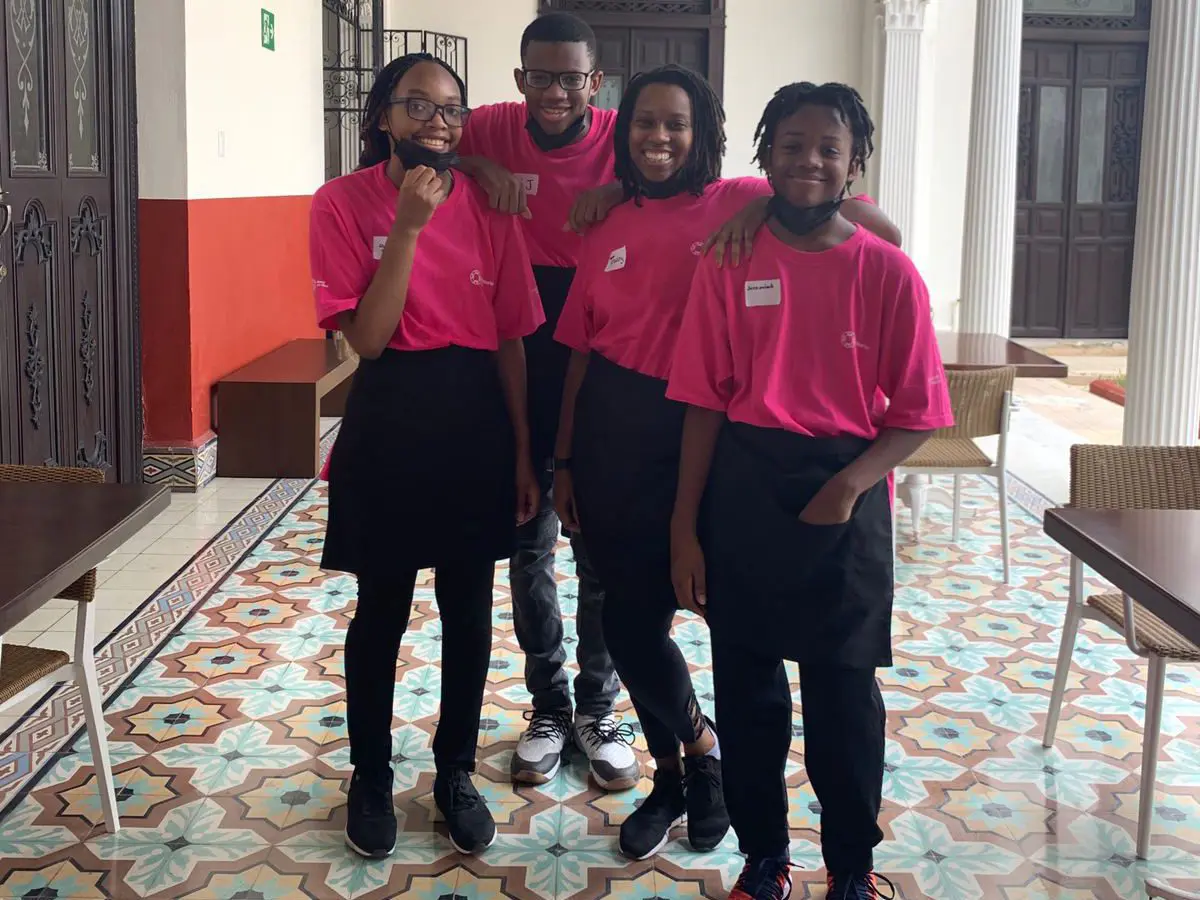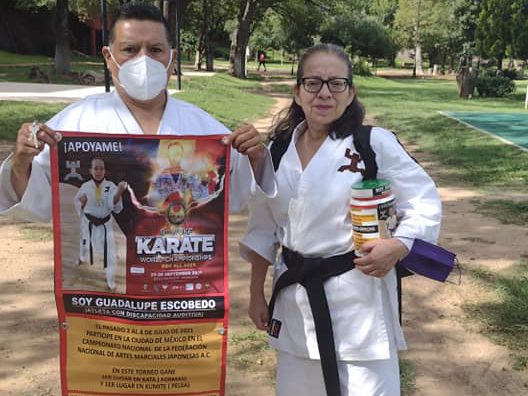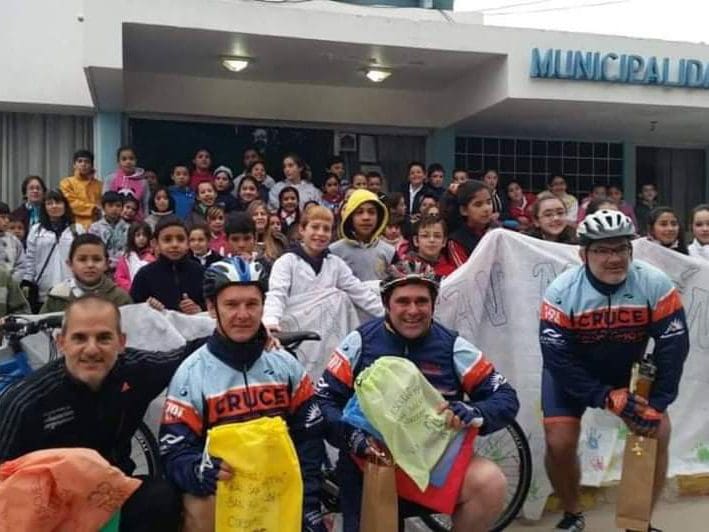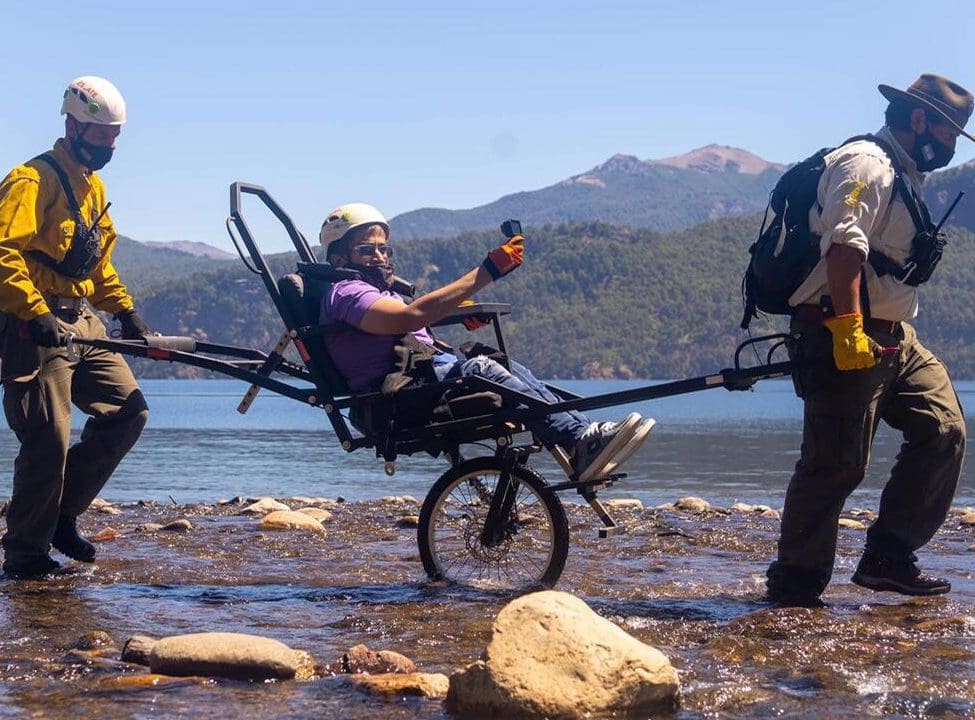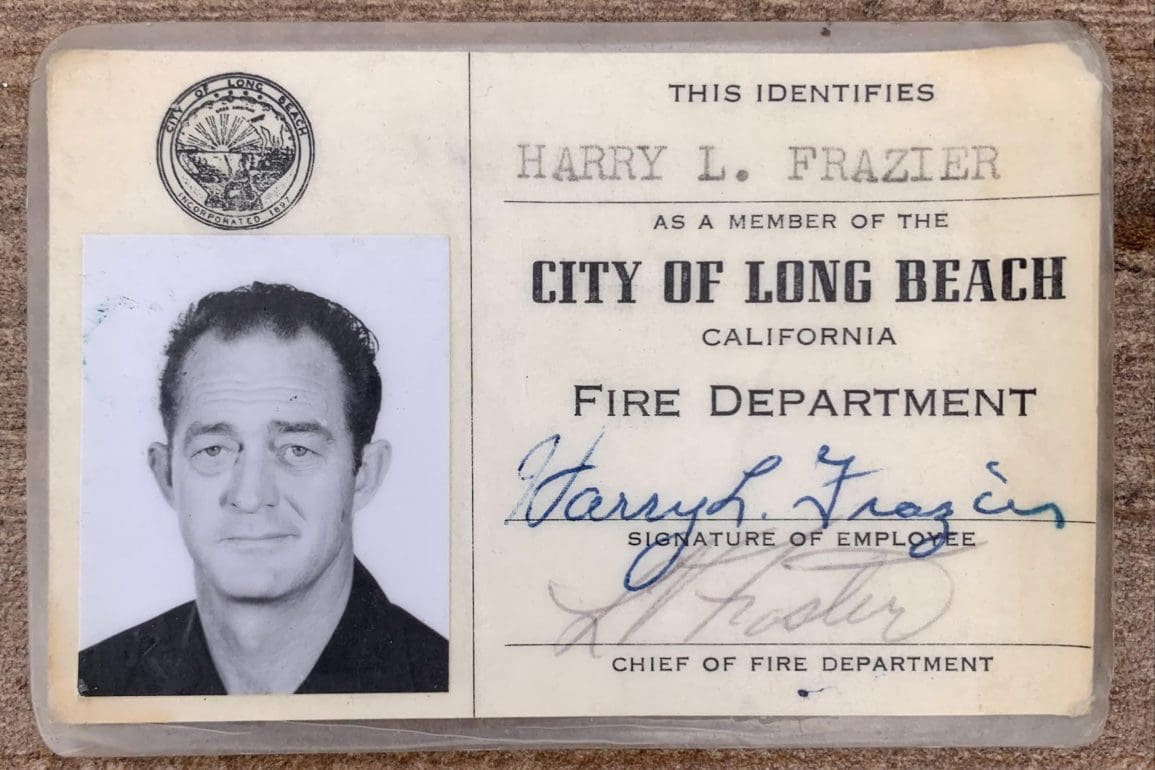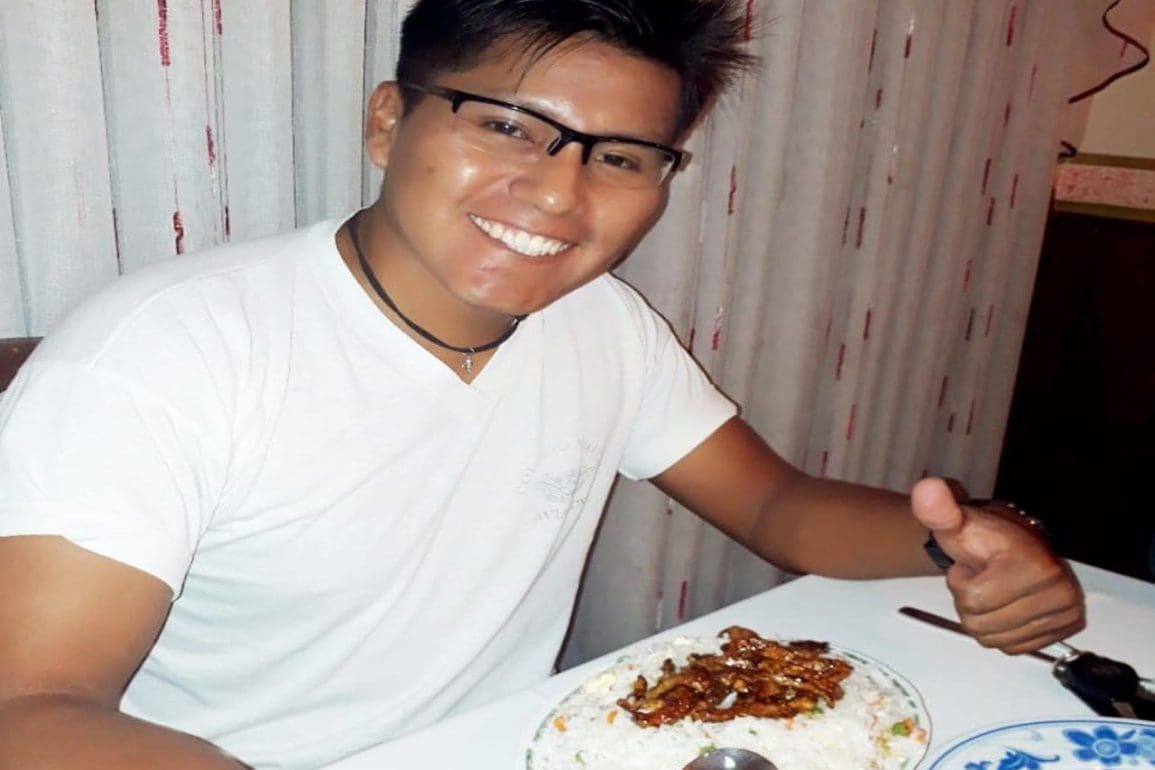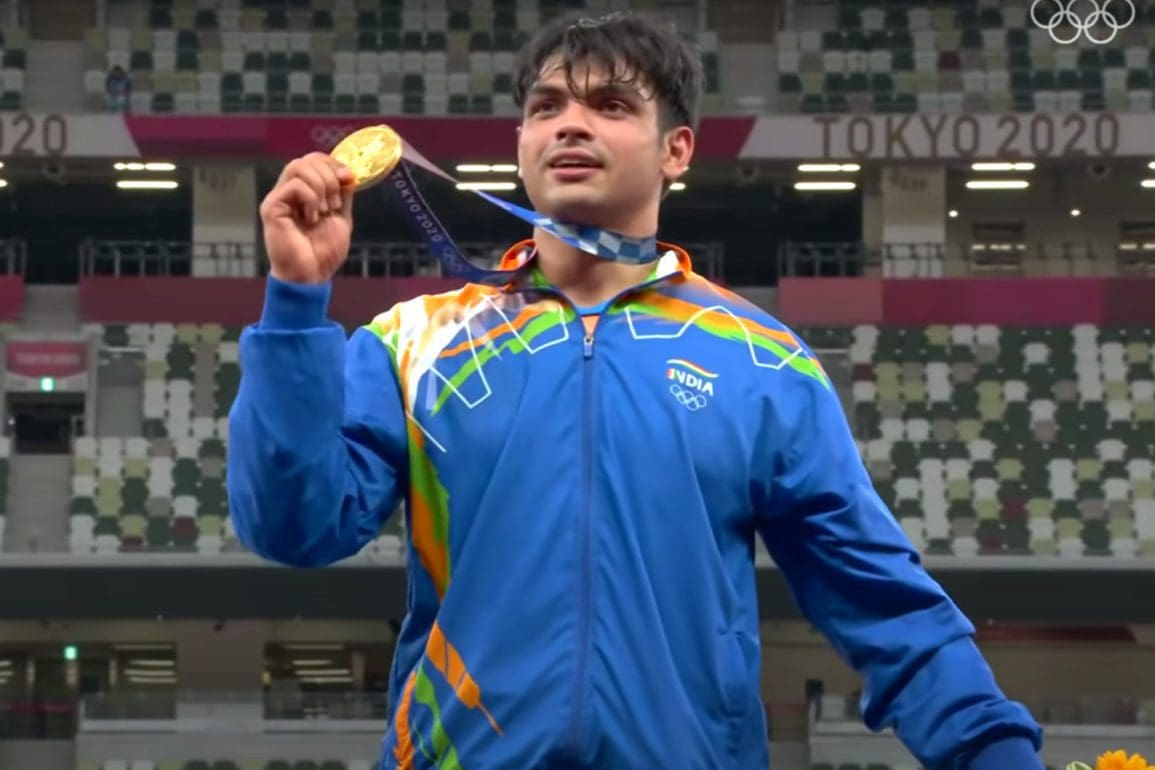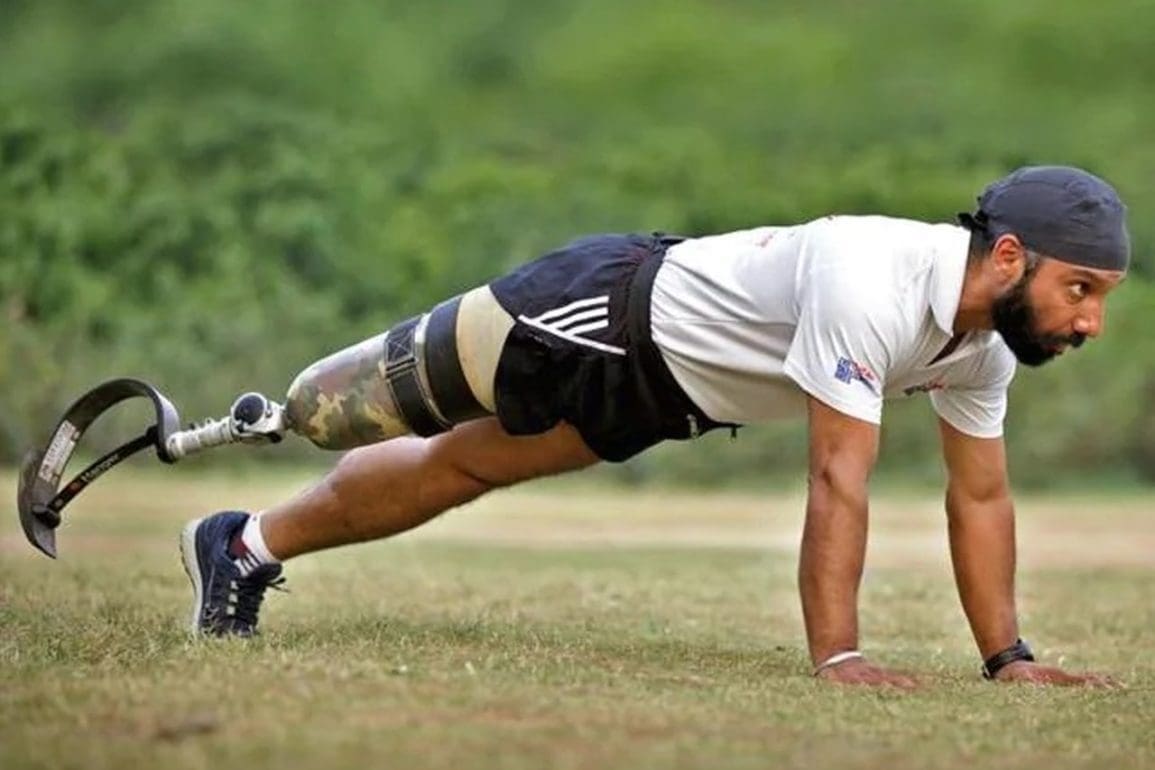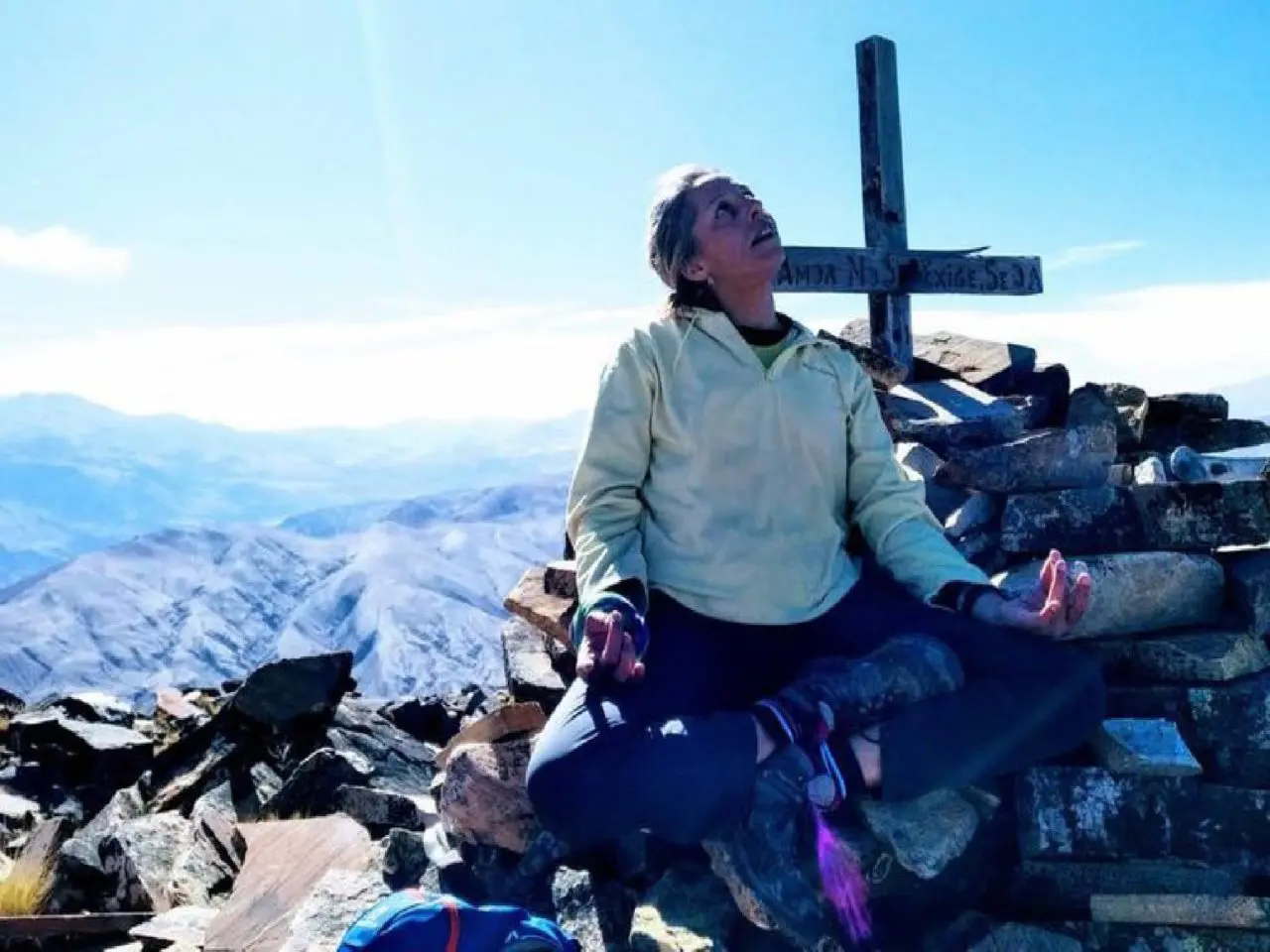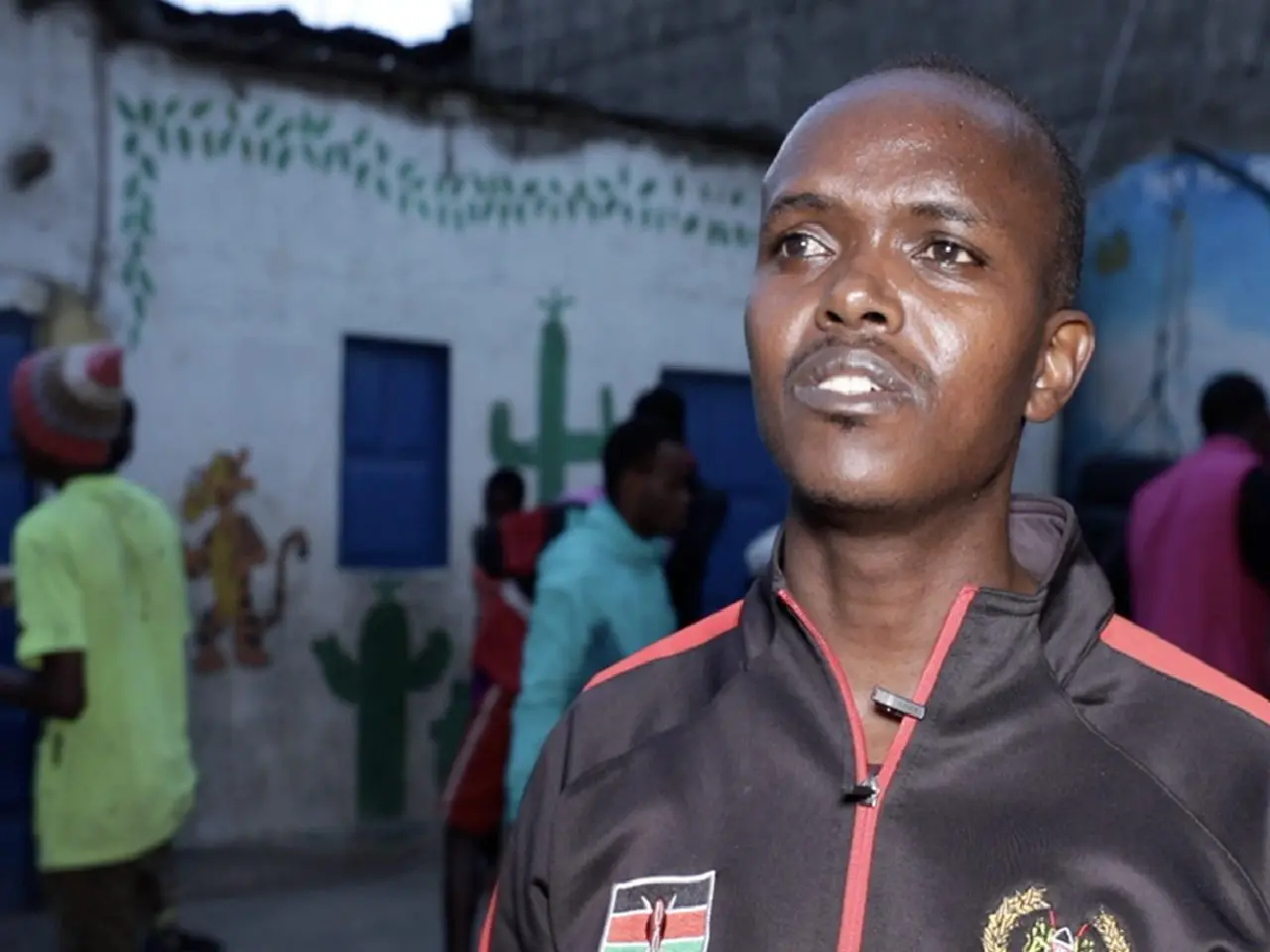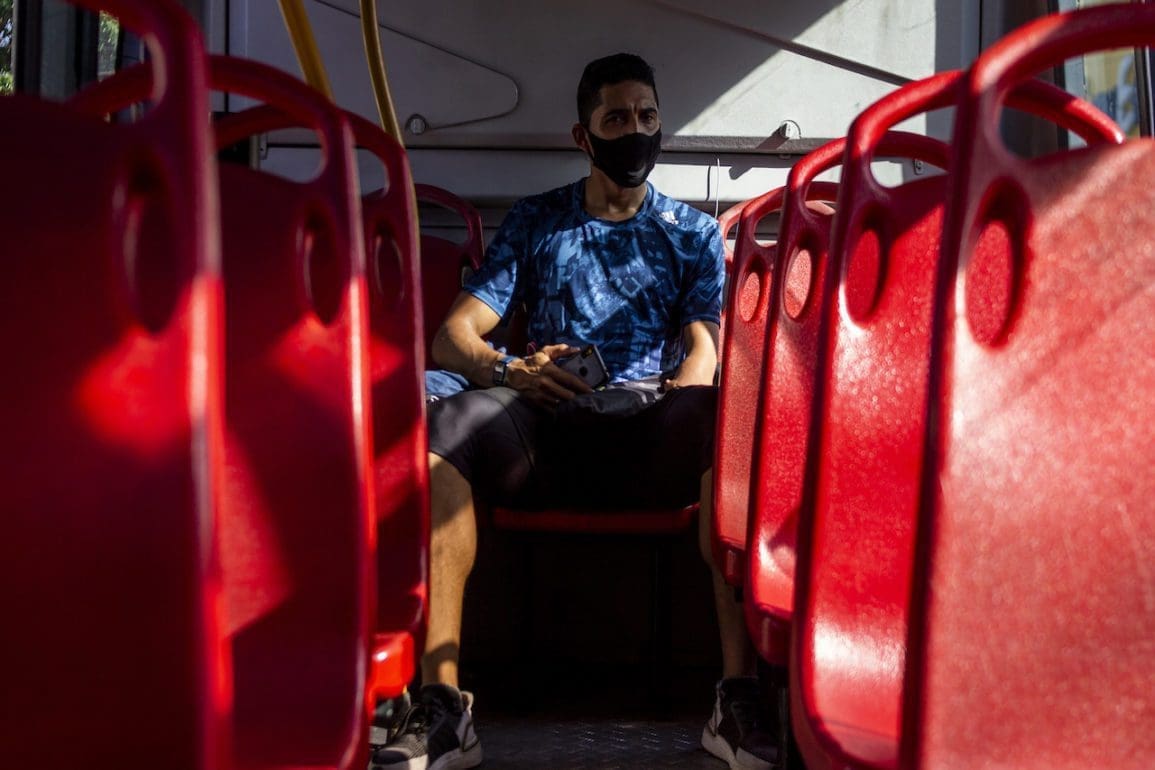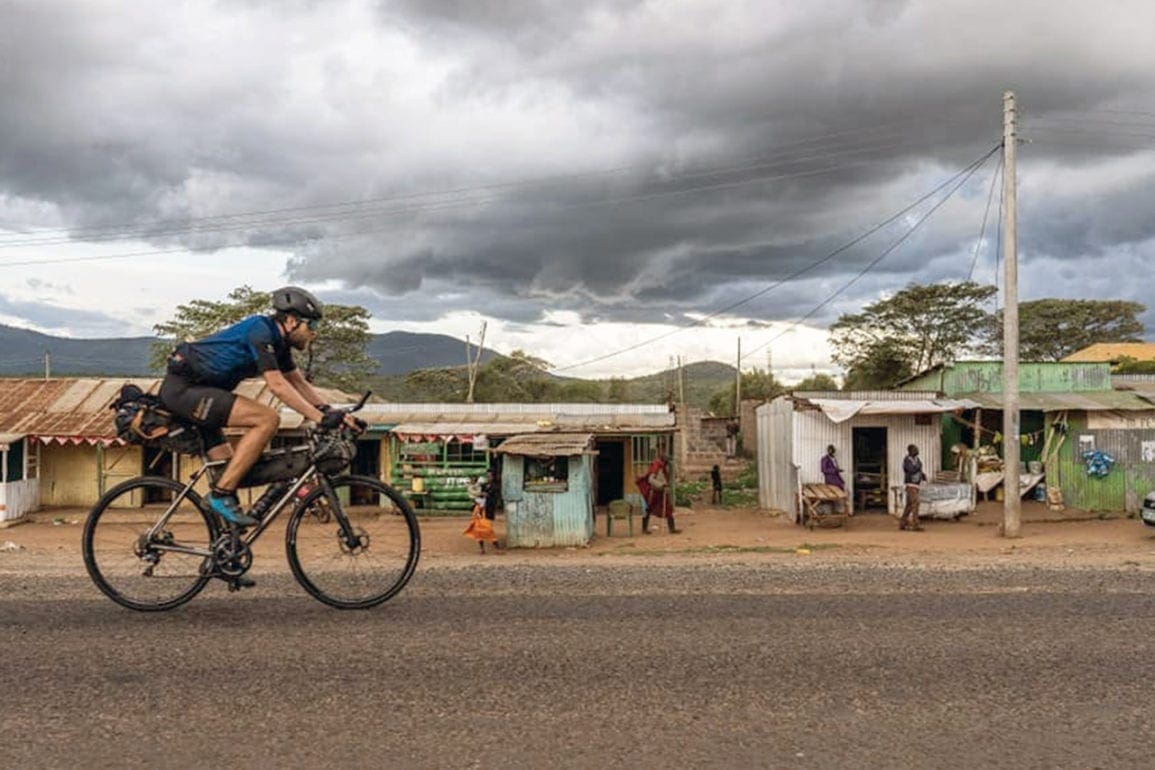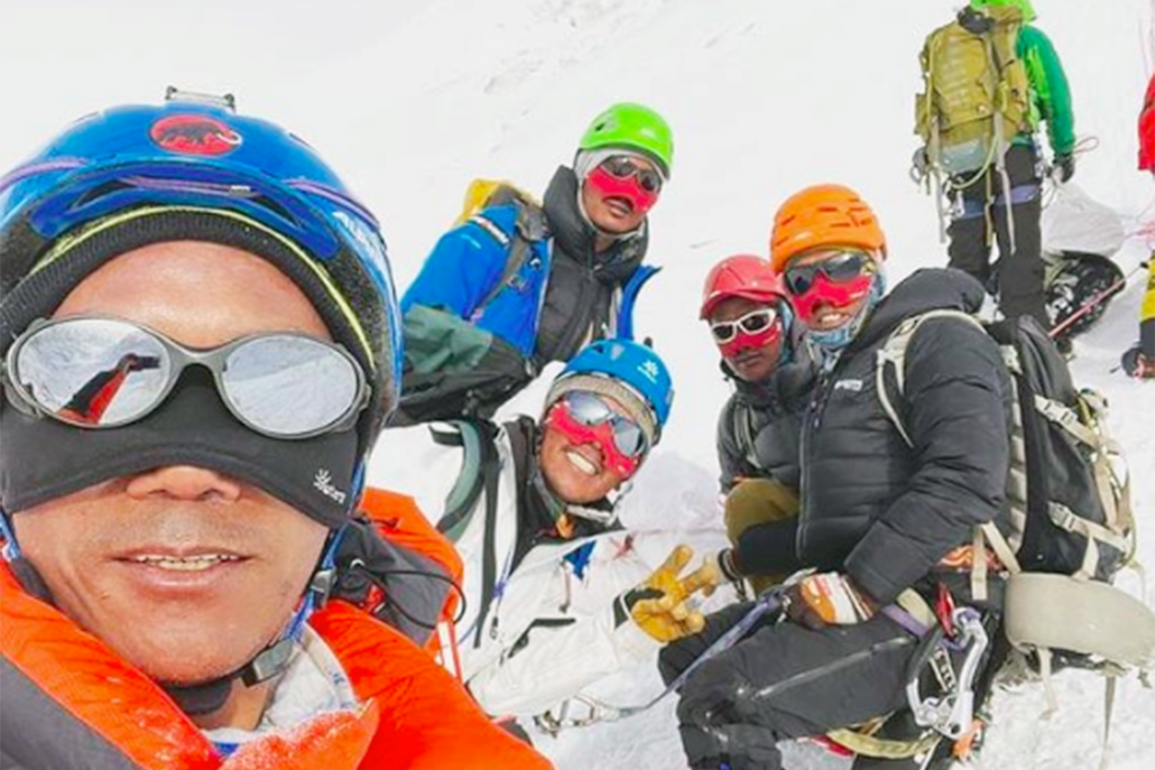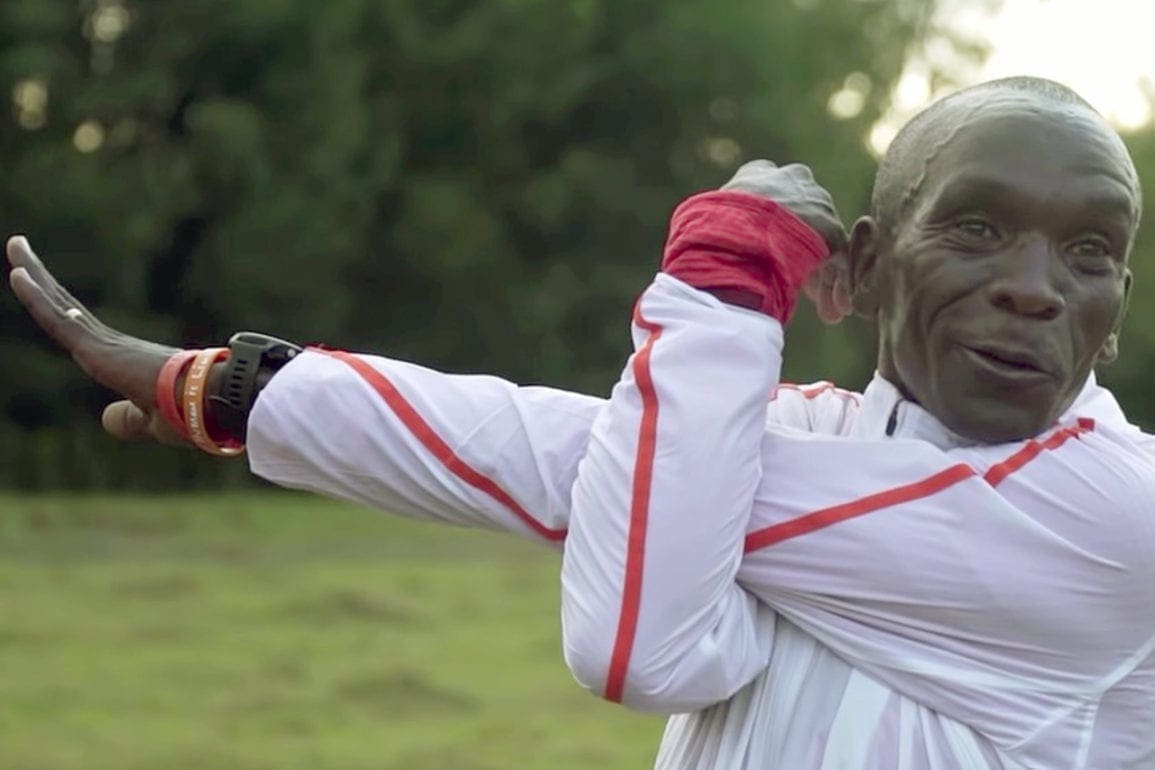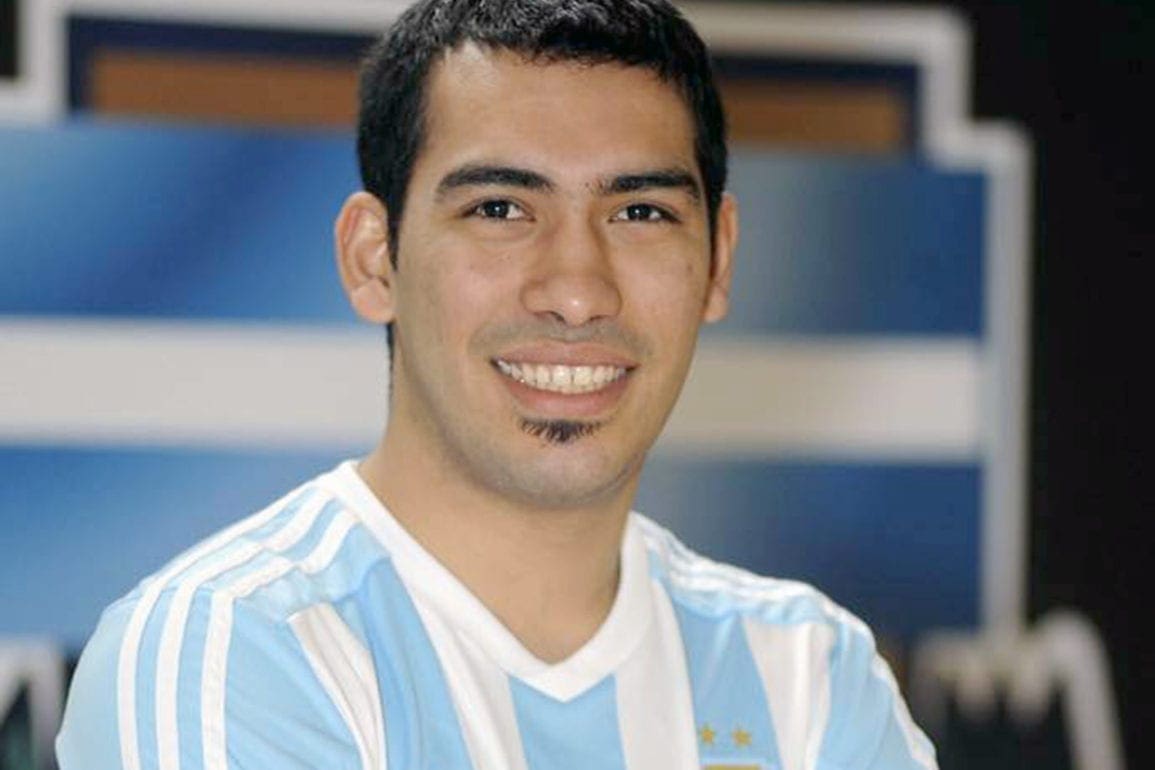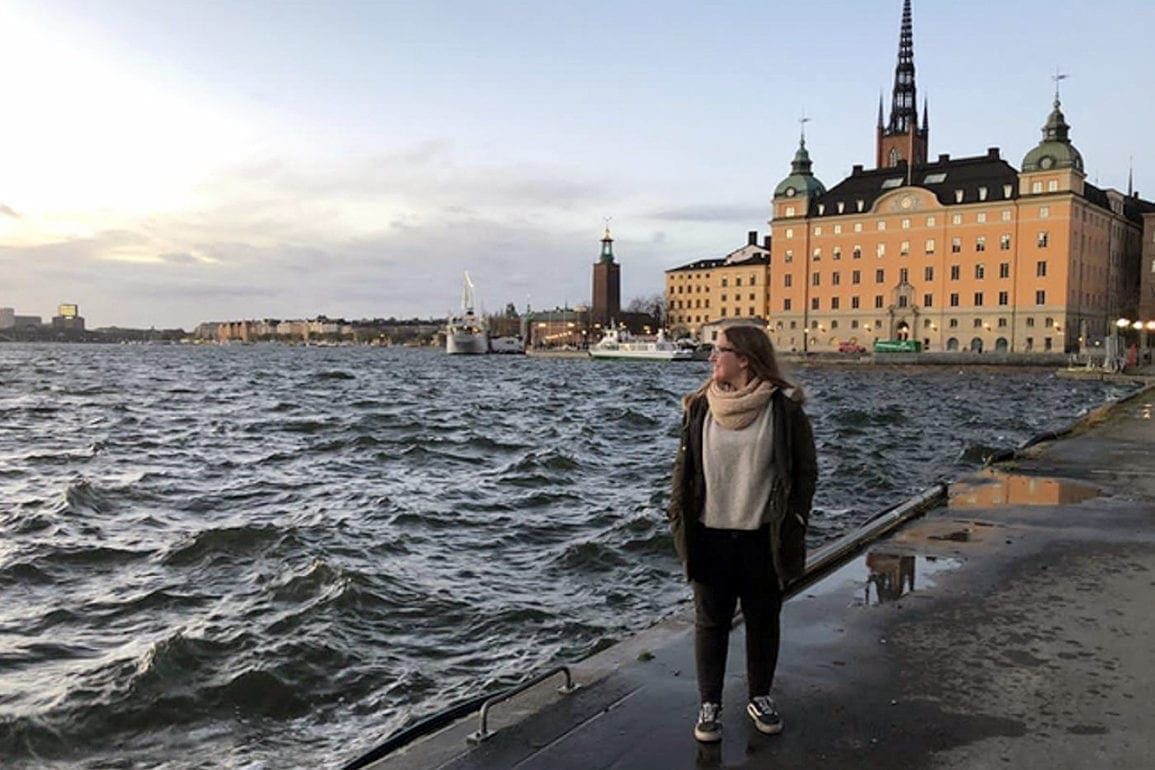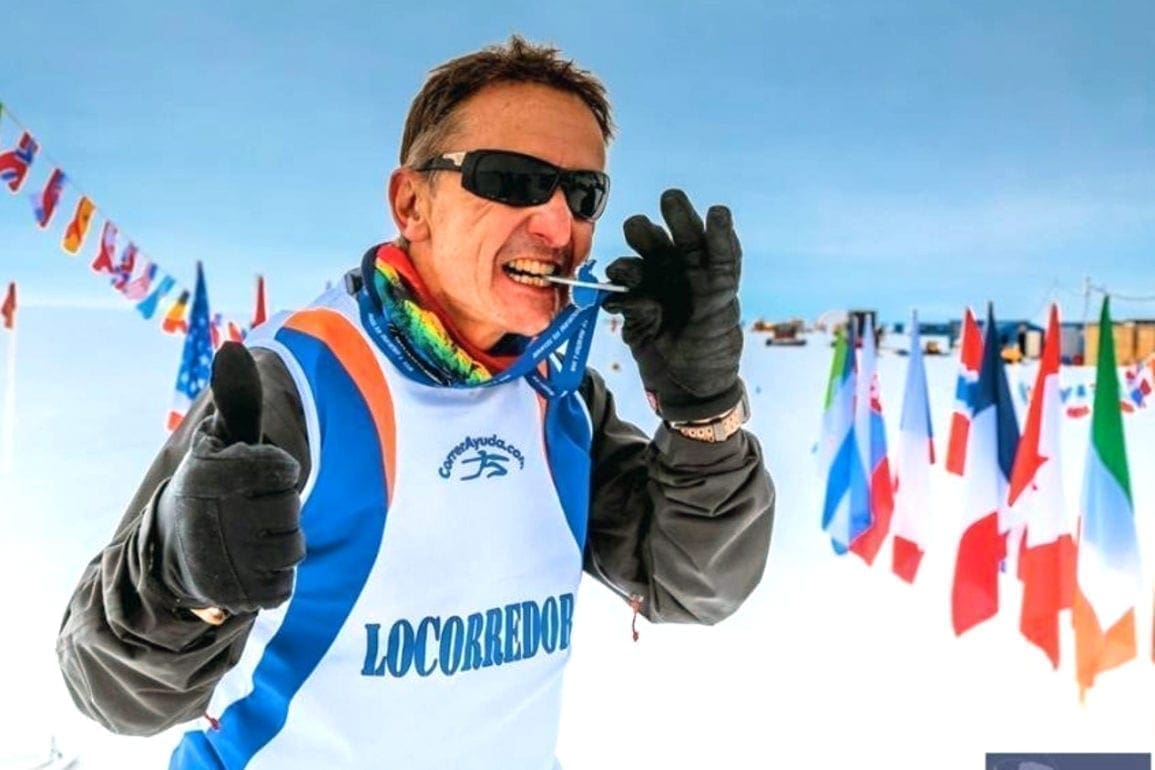Meet Ichika Egashira, the Japanese soccer player making history in the Argentine league
My best day ever in Argentina was, by far, the day I met Messi. When my teammates told me about it, I barely believed them. We went to the Argentine National Team’s training center, and suddenly, there he was, approaching us. I repeated the same sentence in Japanese over and over: “Messi is here, Messi is here!”
- 1 year ago
June 24, 2023
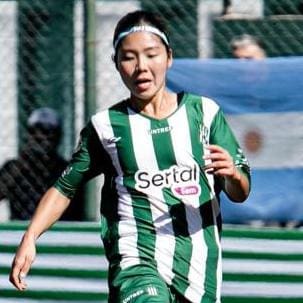
BUENOS AIRES, Argentina — When I left Japan and arrived in a foreign country to play soccer, my new coach at the Excursionistas Club extended a warm welcome. The rest of the team and staff gathered around, and I quickly felt at home among them.
On the bus, on the way to games, we blasted cumbia music and had the best time. I would gaze out of the window and look at the city, then turn to look at my teammates. More than anything, I wanted to immerse myself in the moment and in the group.
I had no clue what the lyrics of the song meant but watching them sing at the top of their lungs made me want to join them. It felt like the beginning of my life.
Read more soccer related stories at Orato World Media
Breaking traditional roles and expectations as a young girl
As kids, my father wanted to see my brother play soccer. My brother, on the other hand, preferred sitting at home watching Naruto. I saw an opportunity and approached my dad. When I conveyed my desire to take my brother’s place on the soccer field, my dad agreed. As the excitement radiated off me, my father’s face lit up. Week after week, we sat on the couch watching European matches on television. When Messi and Ronaldo scored, dad and I shared special celebrations. I could not wait to start playing.
During my soccer training, I played midfield, holding onto this great admiration for midfielders like Xavi and Iniesta. In my club, I competed alongside men. At first, they shunned me because of my gender. To change that, I felt as though I needed to prove myself. I switched to playing as a forward and started scoring goals. I used Messi as my role model, dreaming about meeting him one day.
When I finally got to move from Japan to Argentina, it felt like a dream. For so many years, I had this yearning to leave home and play the sport I love in a foreign country. While these two countries seem a world apart, soccer gives us a universal language. I do struggle to communicate with my coach and teammates, but I feel at home on the field. My personal growth has been astounding.
Fear and excitement while secretly planning my move
When I first discovered that the Musou Club in Japan facilitated player exchanges with Argentina, I began secretly gathering information without my family knowing. Apart from a brief conversation with my mom, I kept the trip confidential until it was confirmed. When the day came to tell my dad about my move to Argentina, extreme anxiousness invaded my body.
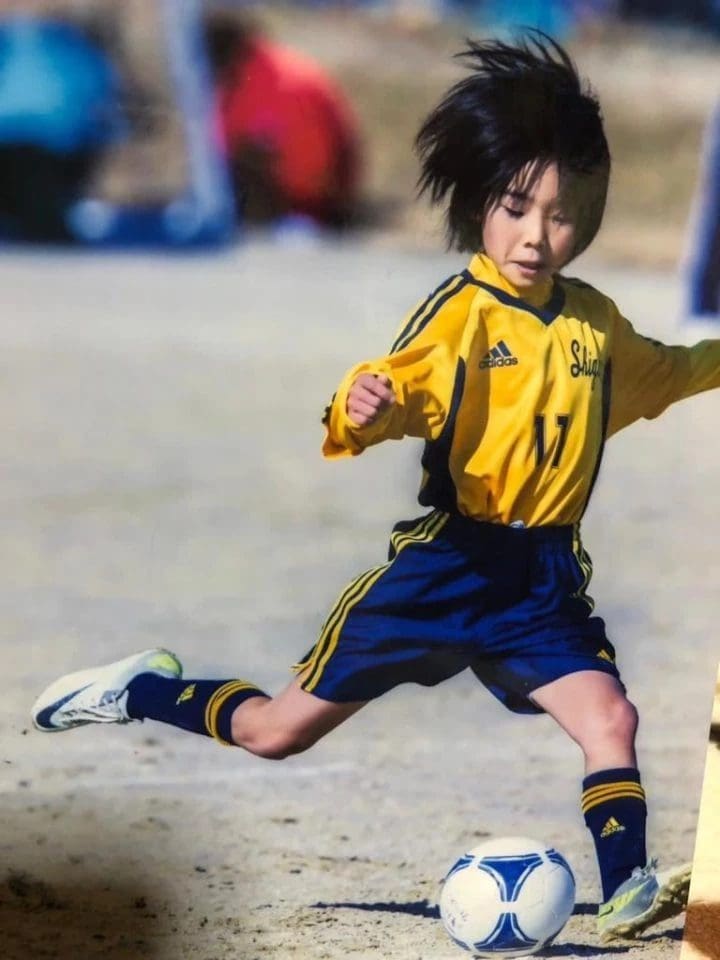
As I drove to his house, I felt a great fear. What if he disapproves of my plans? He previously told me I should give soccer a shot in Japan before venturing to another country. Despite these uncomfortable feelings, I felt steadfast in my decision.
Once I made it to my childhood home, I looked my father in the eyes and told him I wanted this more than anything in the world. He became convinced after hearing the sincerity in my voice. With everything falling into place, I felt excited for the future. My heart beat out of my chest as I embraced my family and embarked on my new journey.
Welcomed but different
In Japan, before a game, we often sat in silence to hone our focus. In Argentina, on the other hand, things felt completely different. Even when we faced Boca, one of the country’s most renowned and dominant teams, none of my teammates appeared nervous. They all danced and sang. The atmosphere felt incredible, and I fell in love with the culture. During a match with my Argentine team, everything feels surreal. I take it all in, from the crowds singing, to their colorful insults. Soccer is best experienced with immense passion.
Other aspects prove more difficult, but I believe I can keep improving. I cannot speak to my teammates adequately, which makes playing more difficult. They help me, and explain patiently, but I struggle to comprehend their words. I need to learn the language.
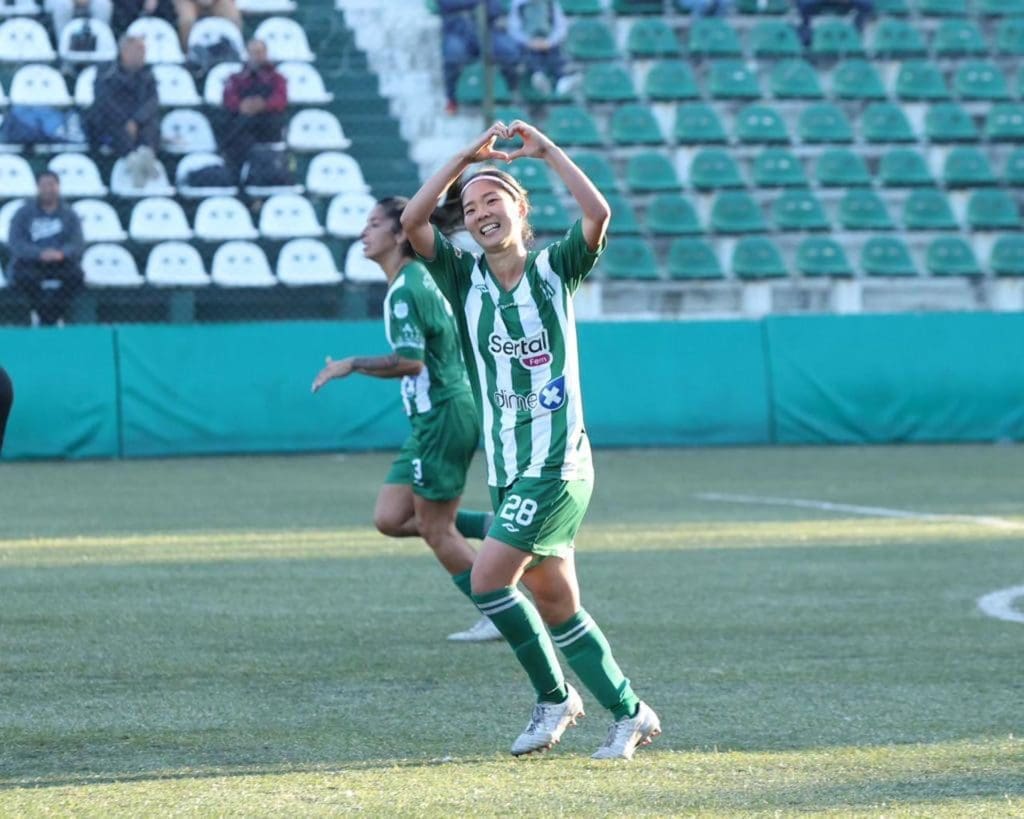
I also find it difficult to fit into the right rhythm, particularly when it comes to defensive actions like pressuring opponents. As a team, we require coordination. I manage to score some goals and feel happy about that, but I still have a long way to go.
When I’m with my team, I feel at ease, but back home after training, a sense of uncertainty sets in. I often sit alone in my living room in Argentina and think about my friends and family in Japan. While I am awake, they are asleep, and a sense of loneliness creeps in. Navigating the city adds to that loneliness. If I need to buy something, I can manage with gestures, but language remains a barrier.
Occasionally, people start talking to me, and I have no idea what they’re saying. They seem unaware, continuing the conversation for minutes. I try my best to concentrate and grasp some meaning, but our languages have no similarities. I simply smile and wait for them to finish. It can be a bit frustrating. At times, the solitude feels heavy and isolating – like living inside my own head. In the afternoons, I take frequent naps, not so much to rest, but to occupy my time somehow. Nevertheless, at the end of the day, it feels worth it to do what I love most.
Meeting my soccer hero Lionel Messi
Emotionally, soccer helps me grow. I feel more grounded and mature.
My best day ever in Argentina was, by far, the day I met Messi. When my teammates told me about it, I barely believed them. We went to the Argentine National Team’s training center, and suddenly, there he was, approaching us. I repeated the same sentence in Japanese over and over: “Messi is here, Messi is here!”
It felt so thrilling. He instantly made us feel welcome. Getting to see him in person ignited my passion for the sport even more than I ever thought possible. Though I have not set any concrete plans for the future, I plan to stay in Argentina a few more years.
